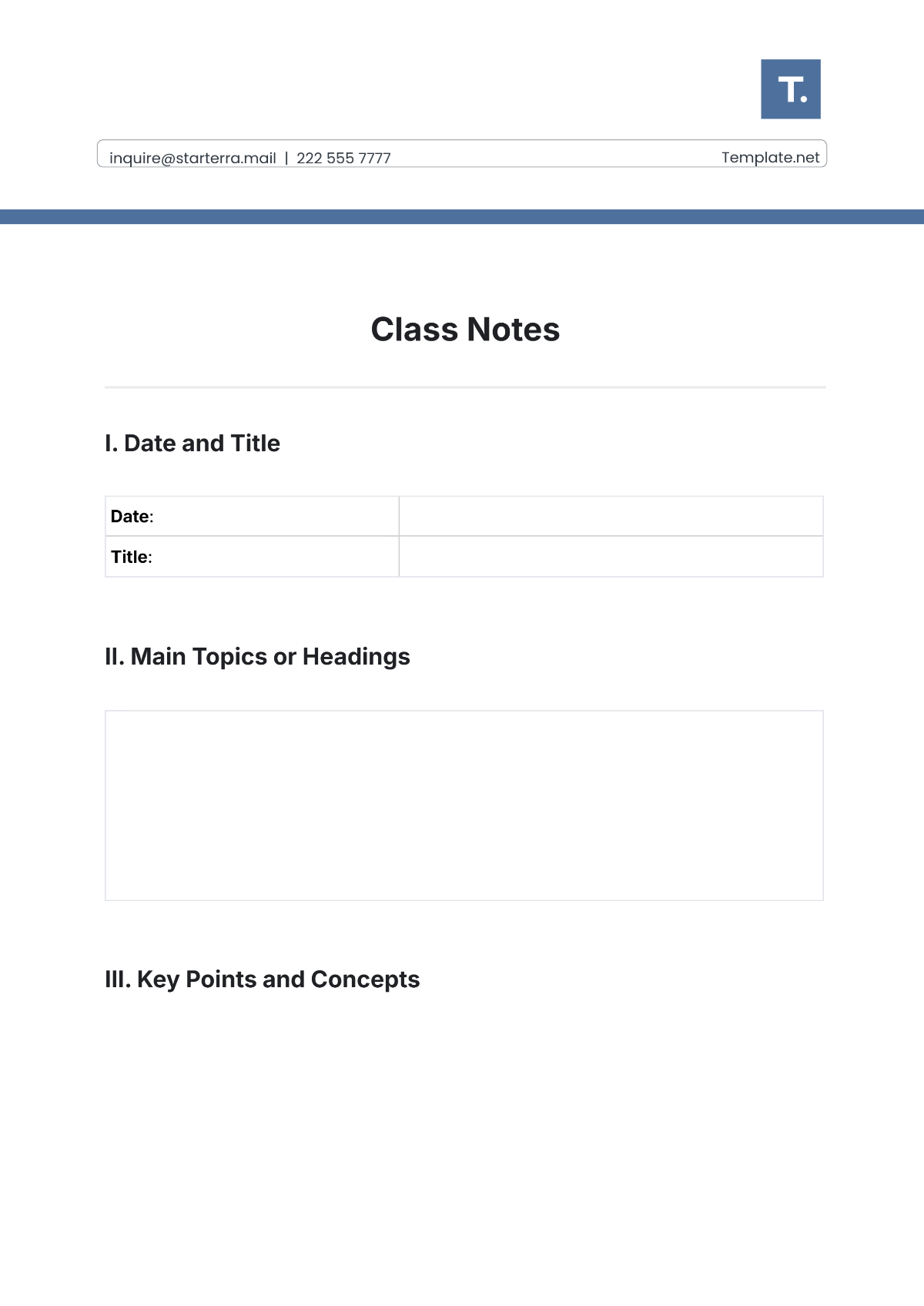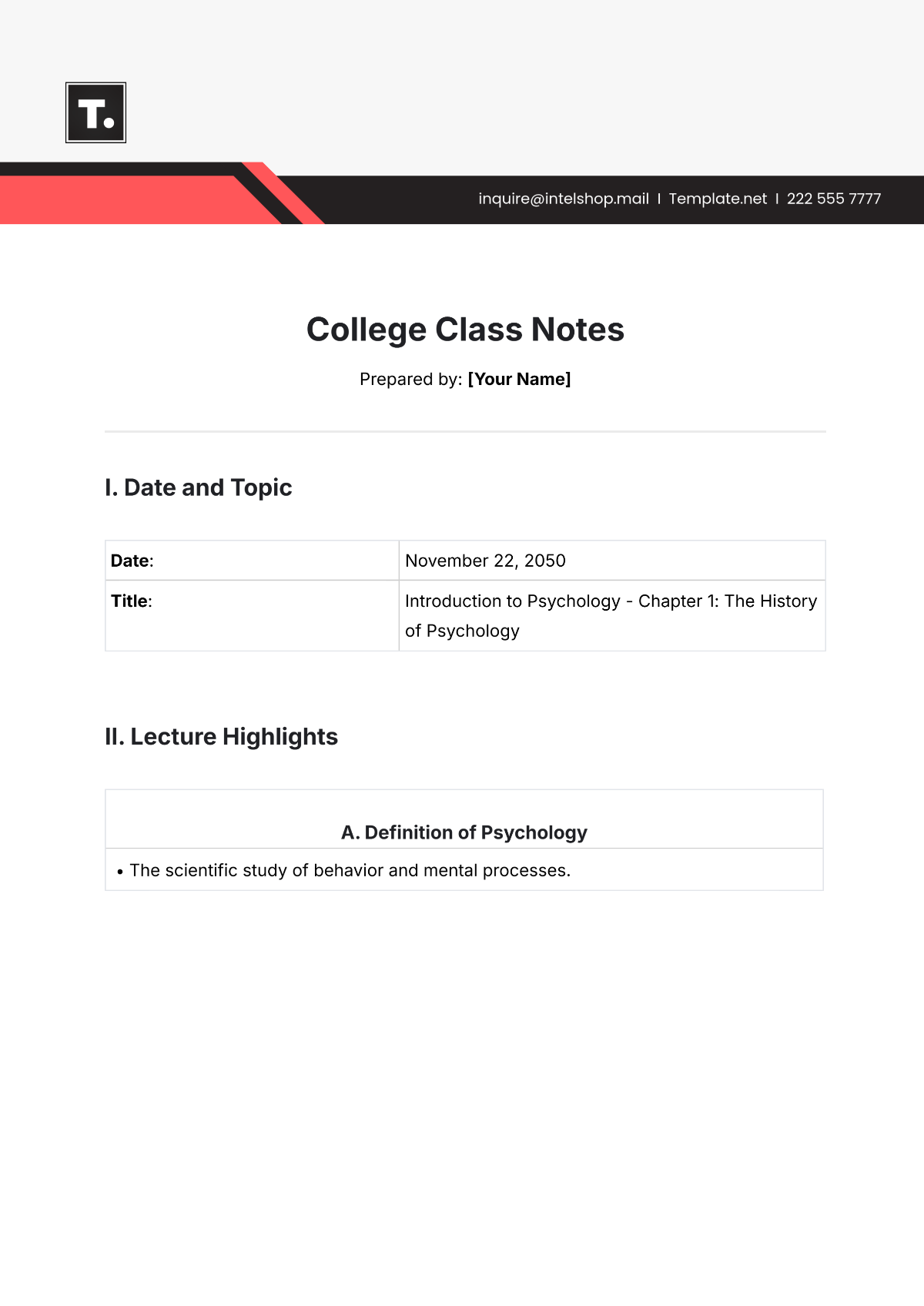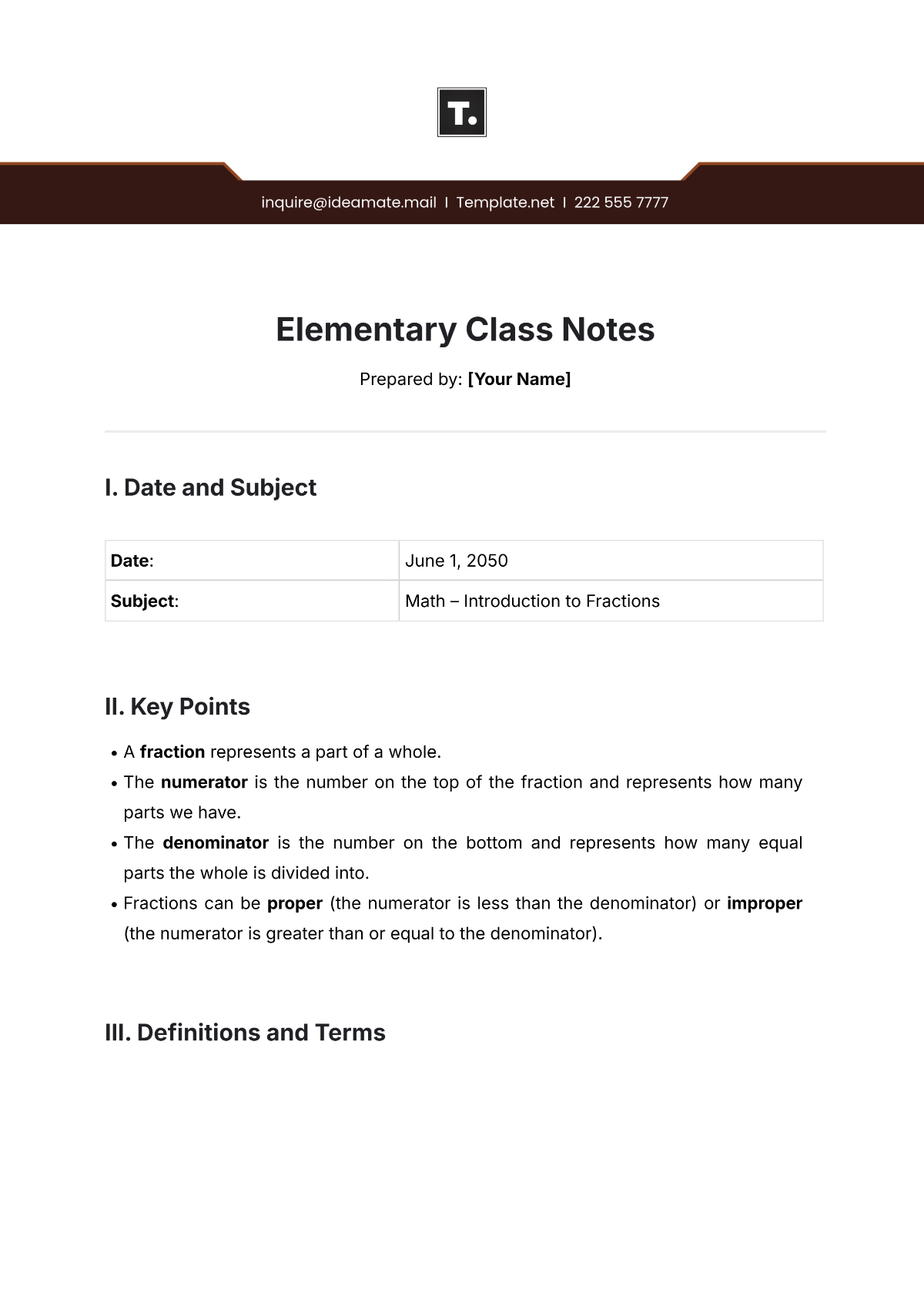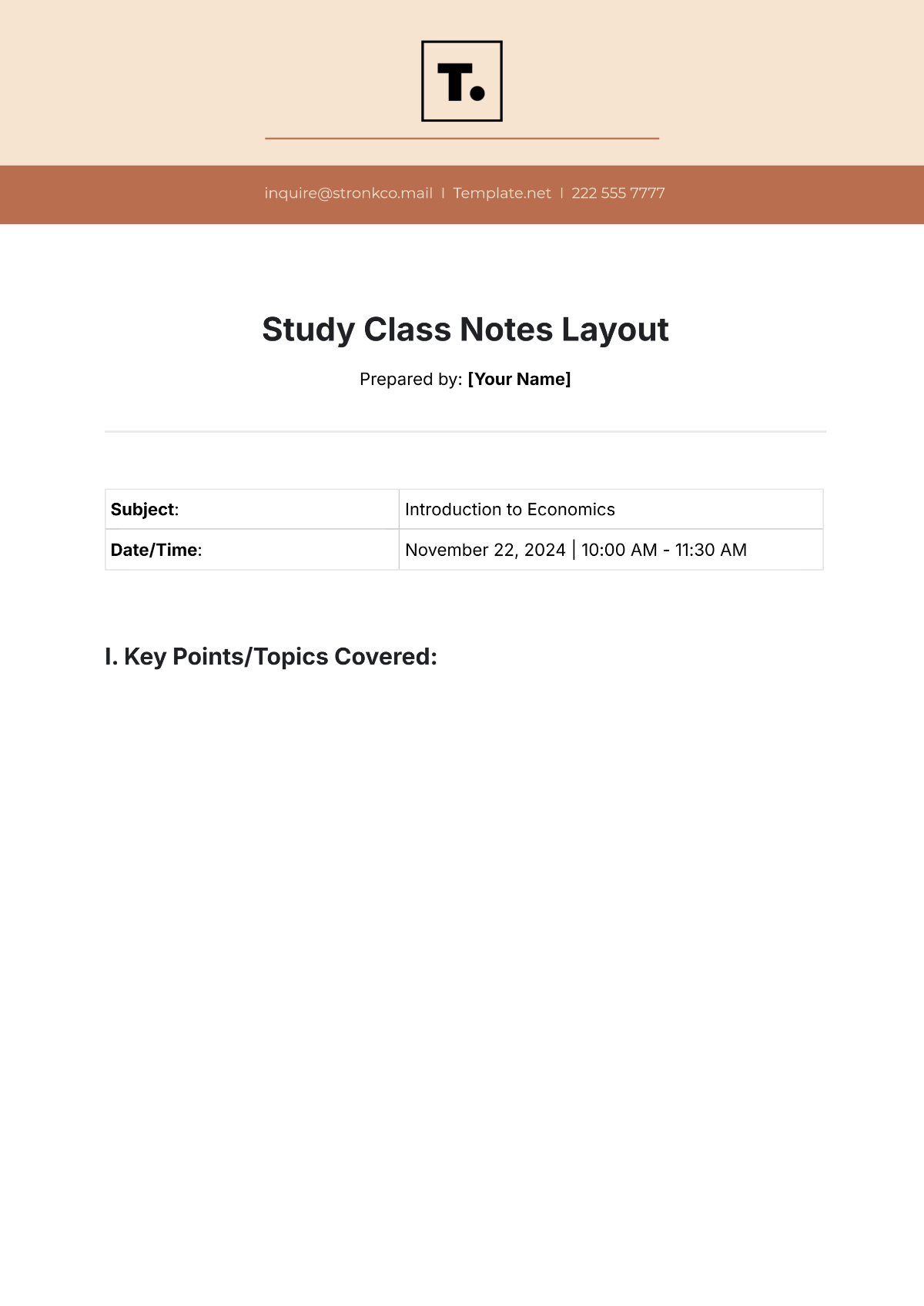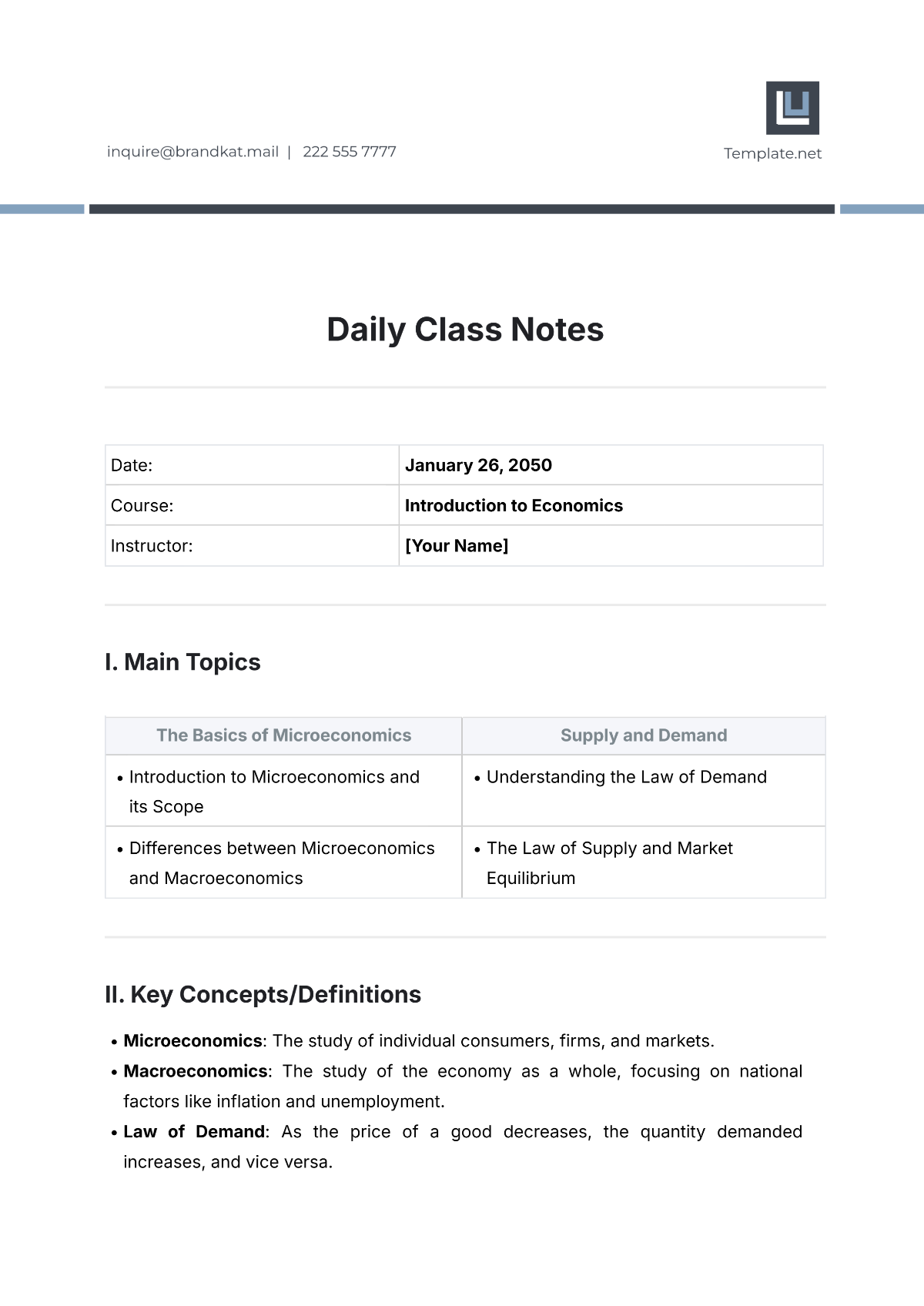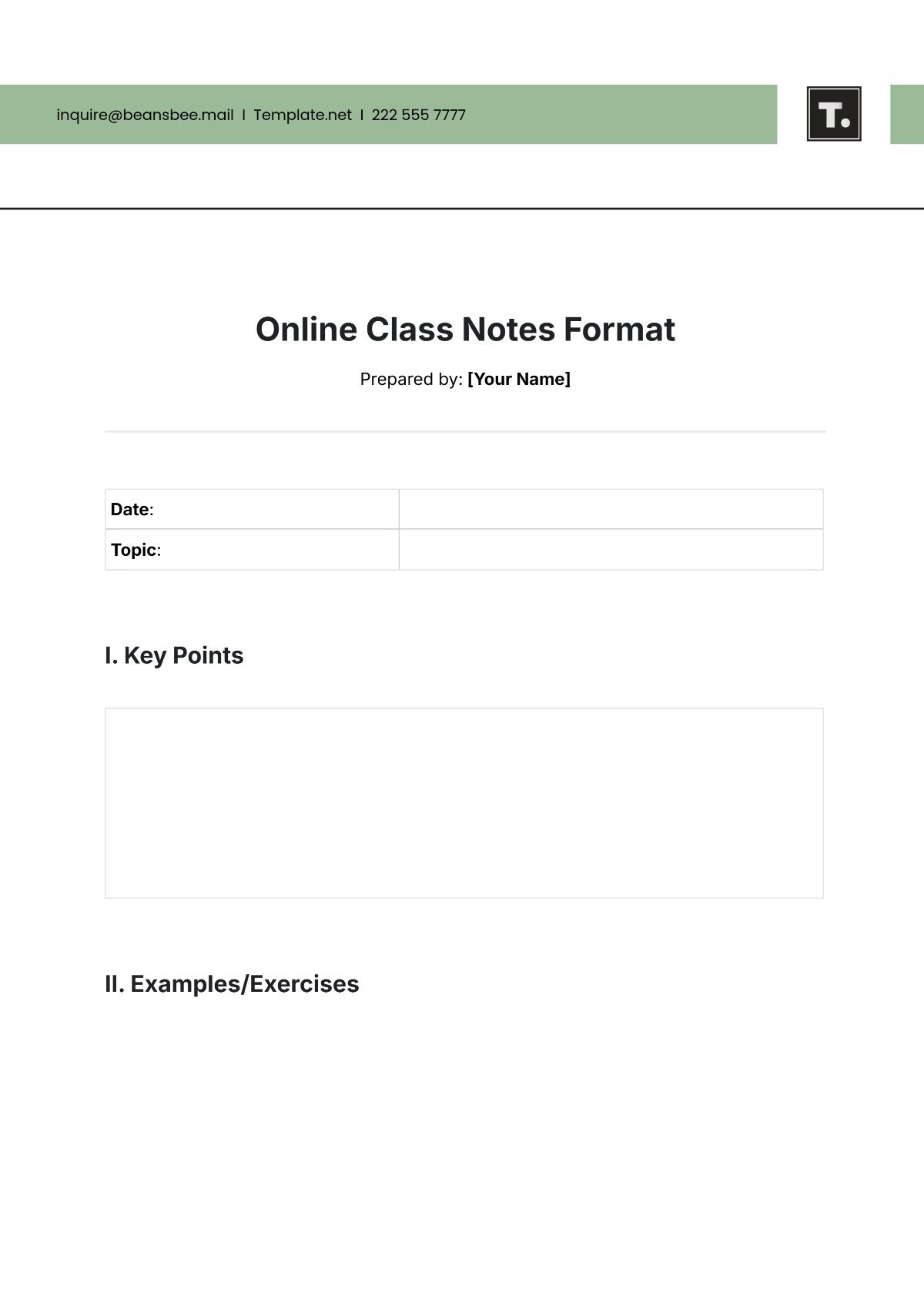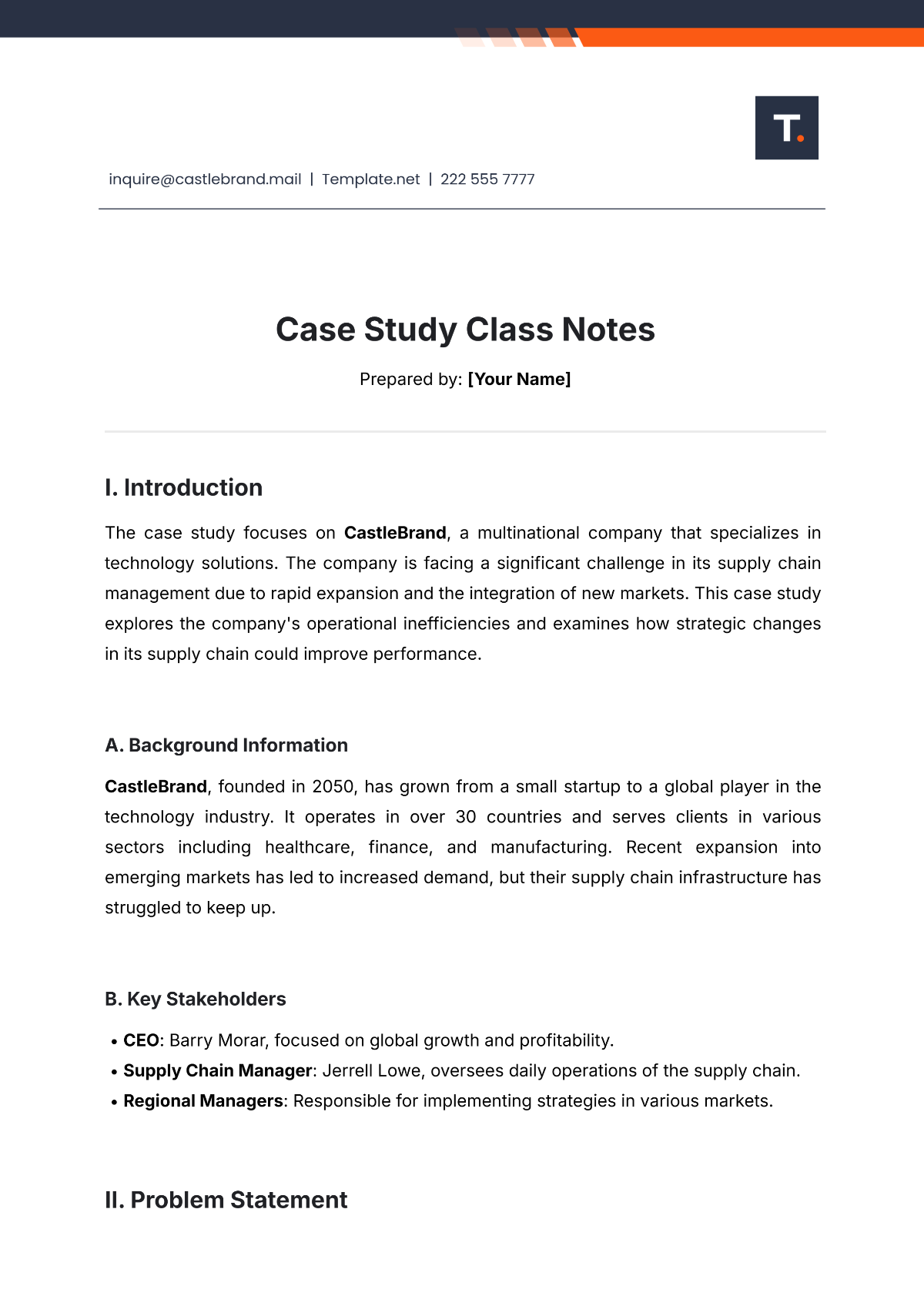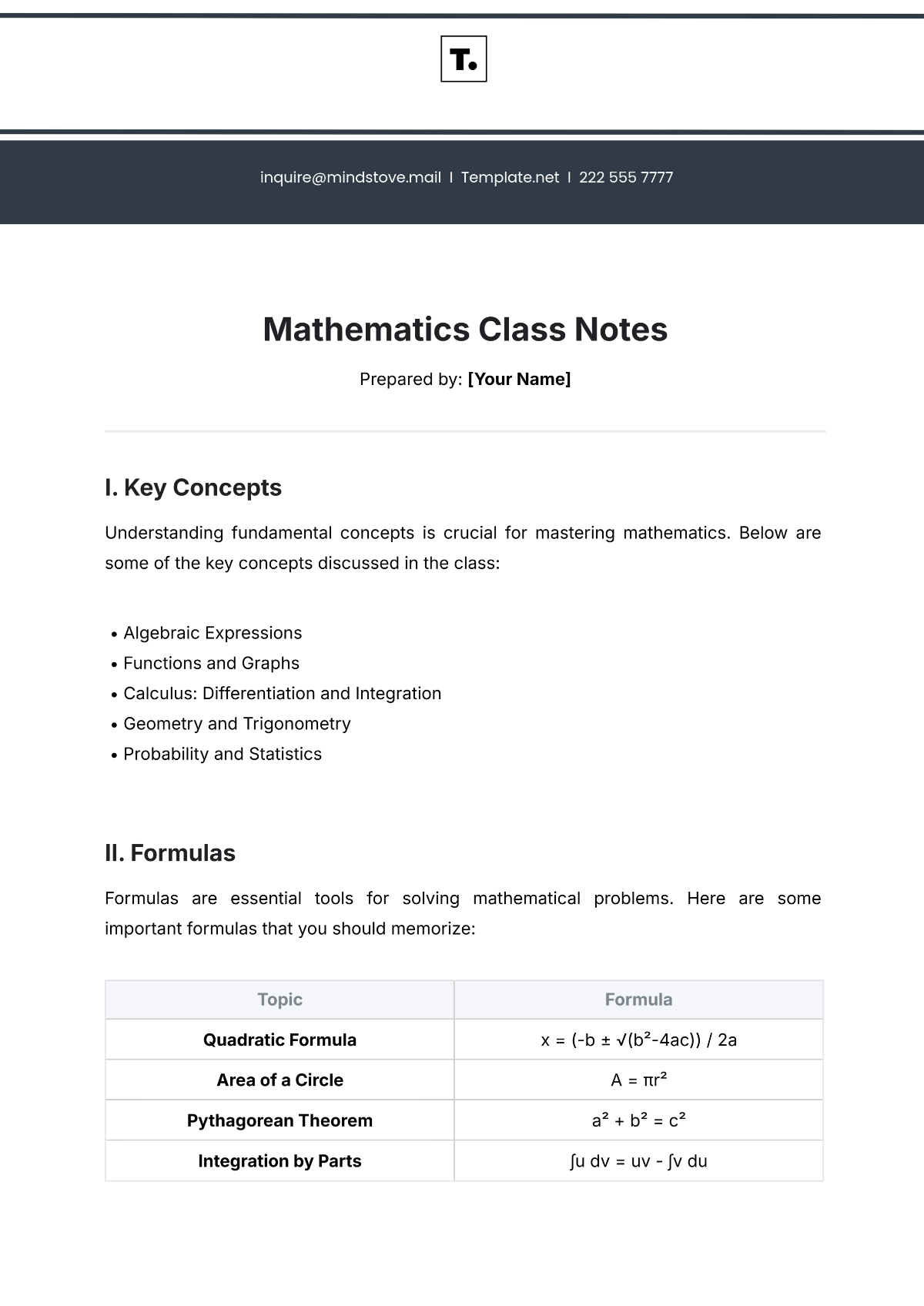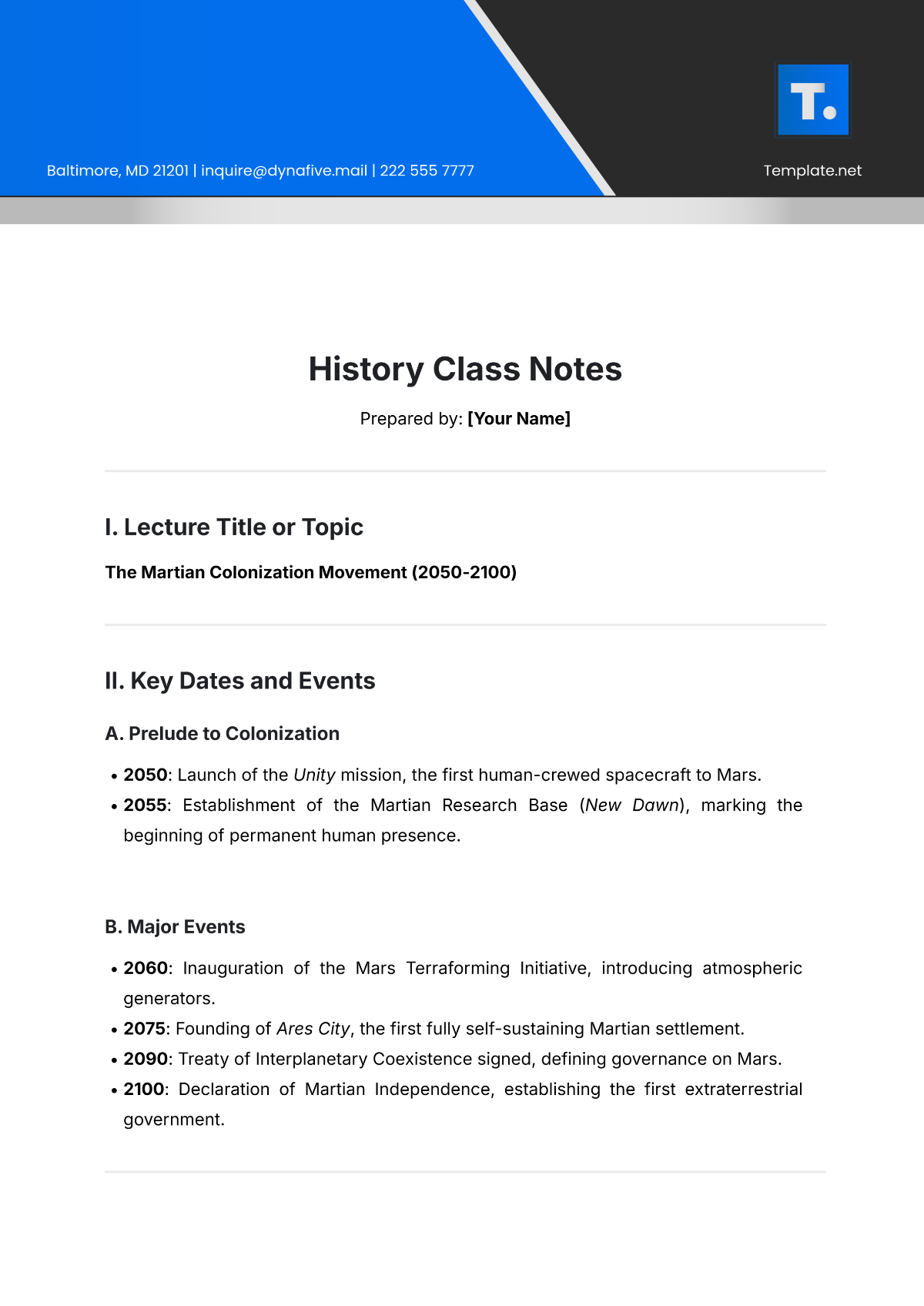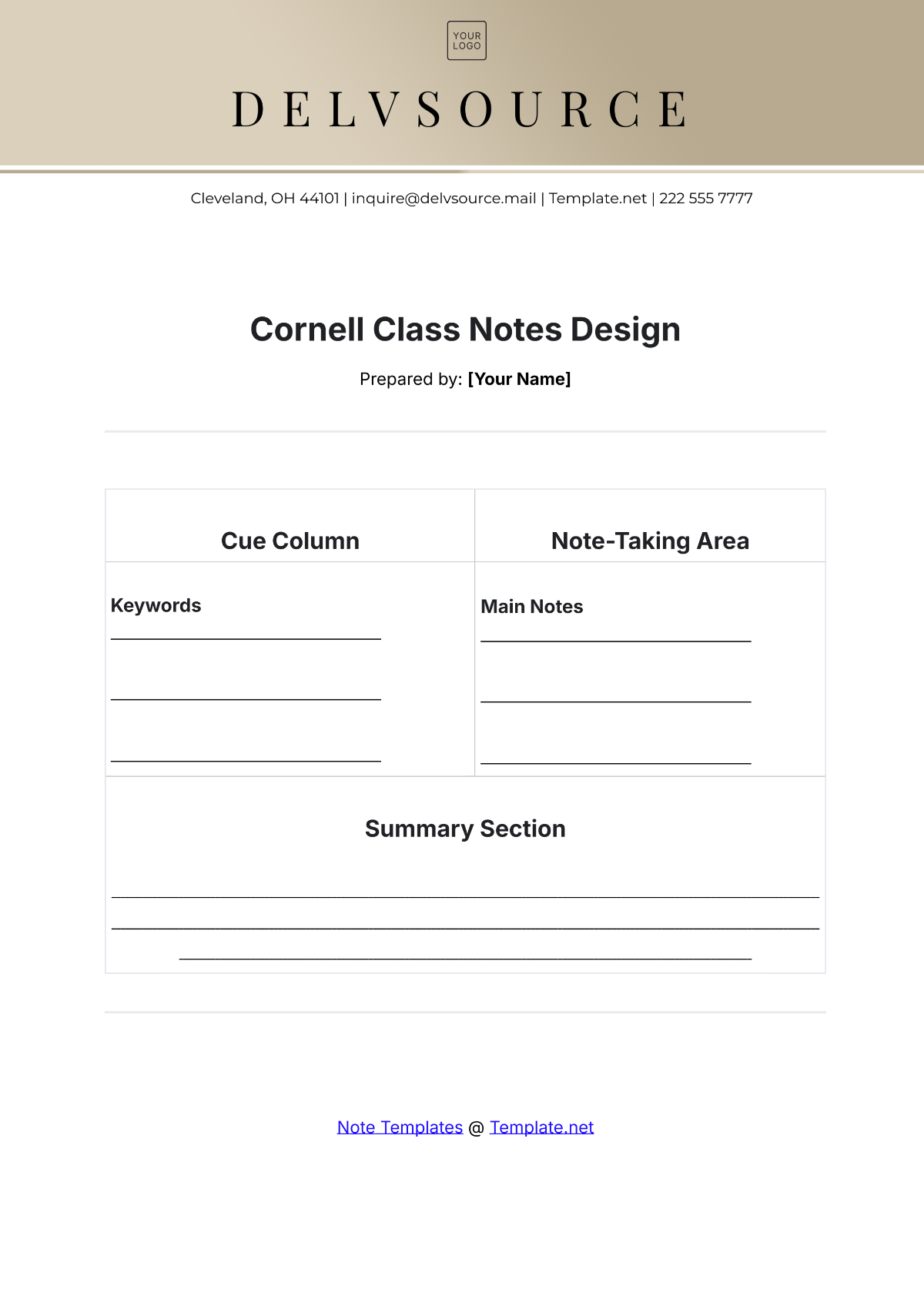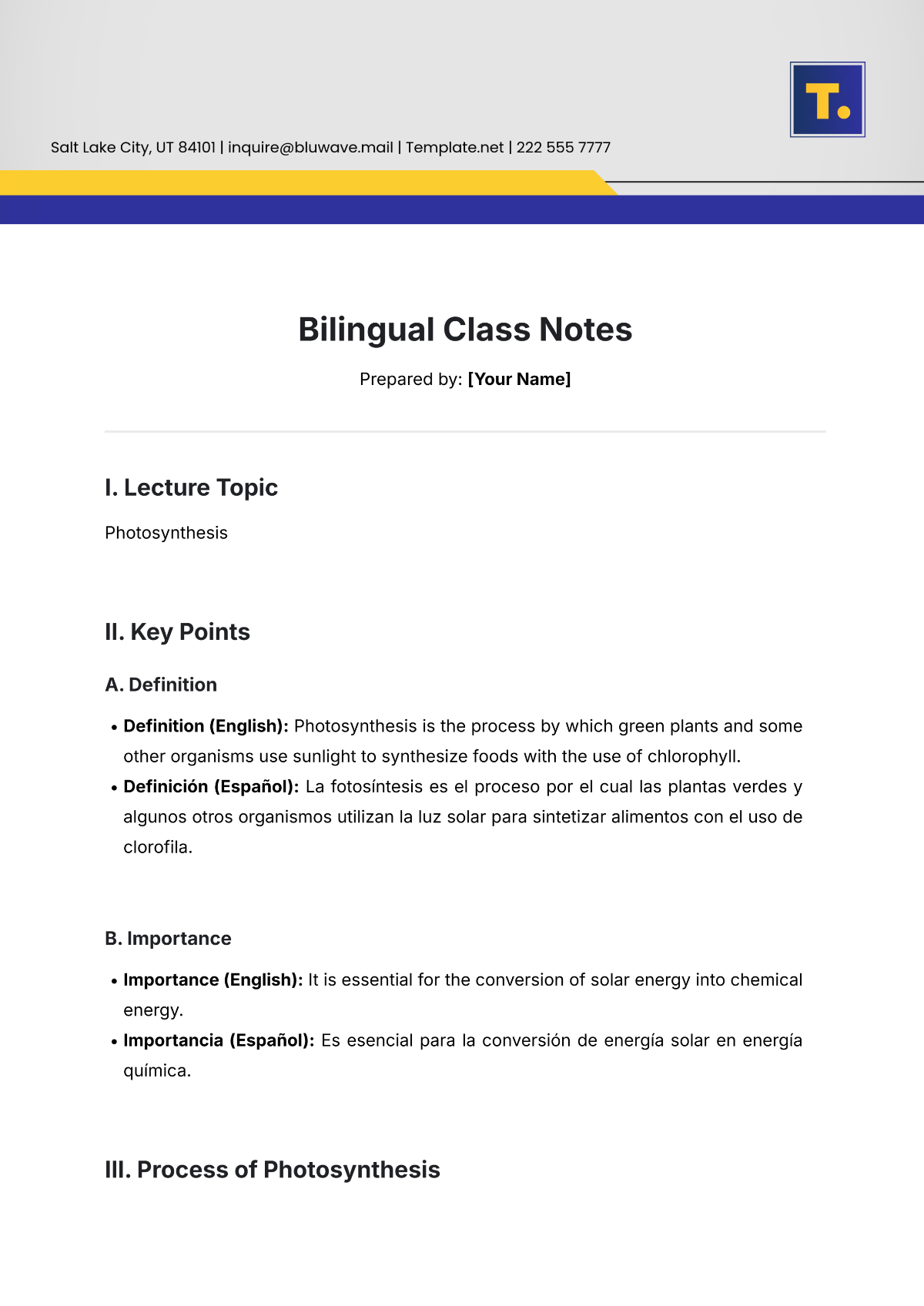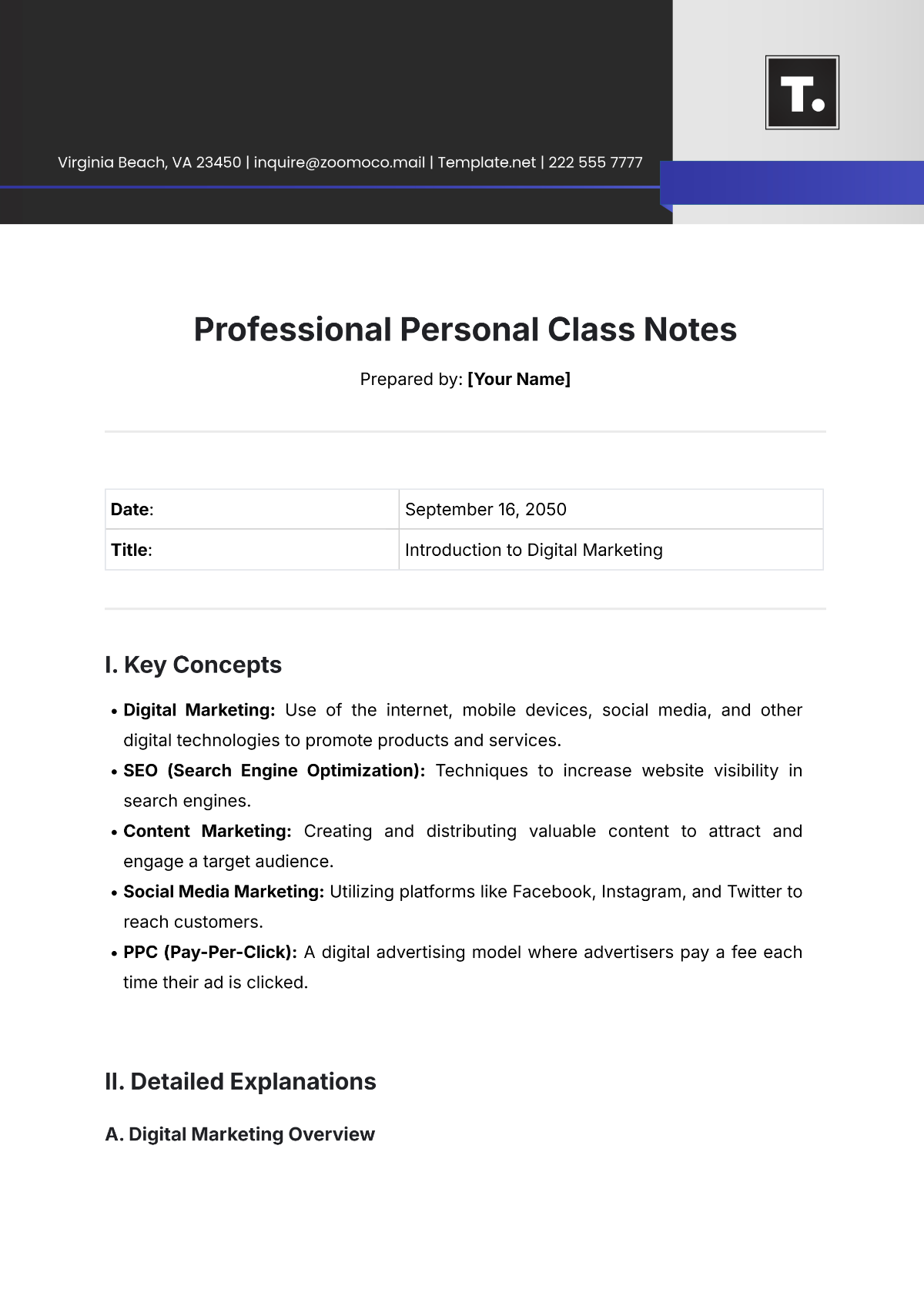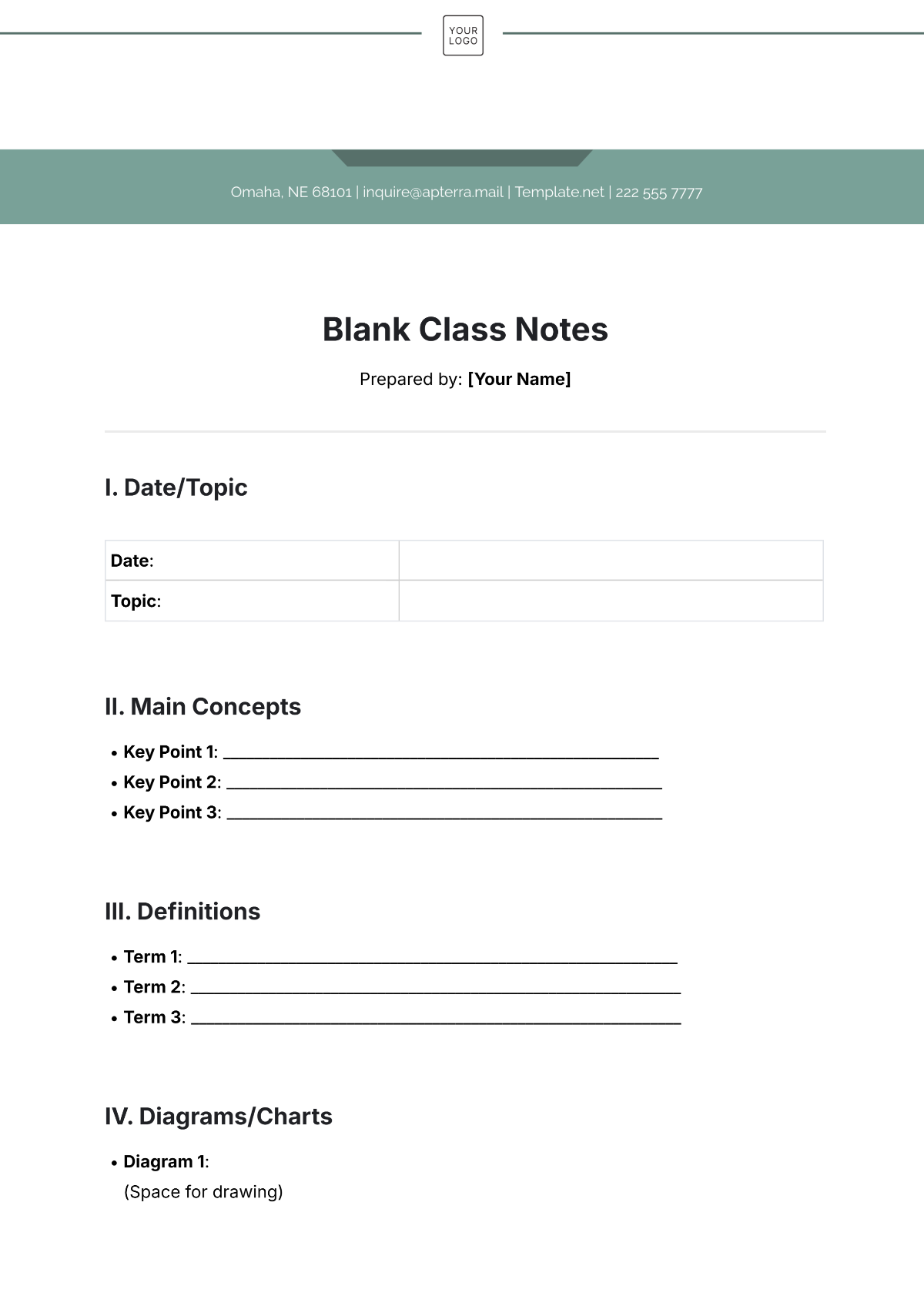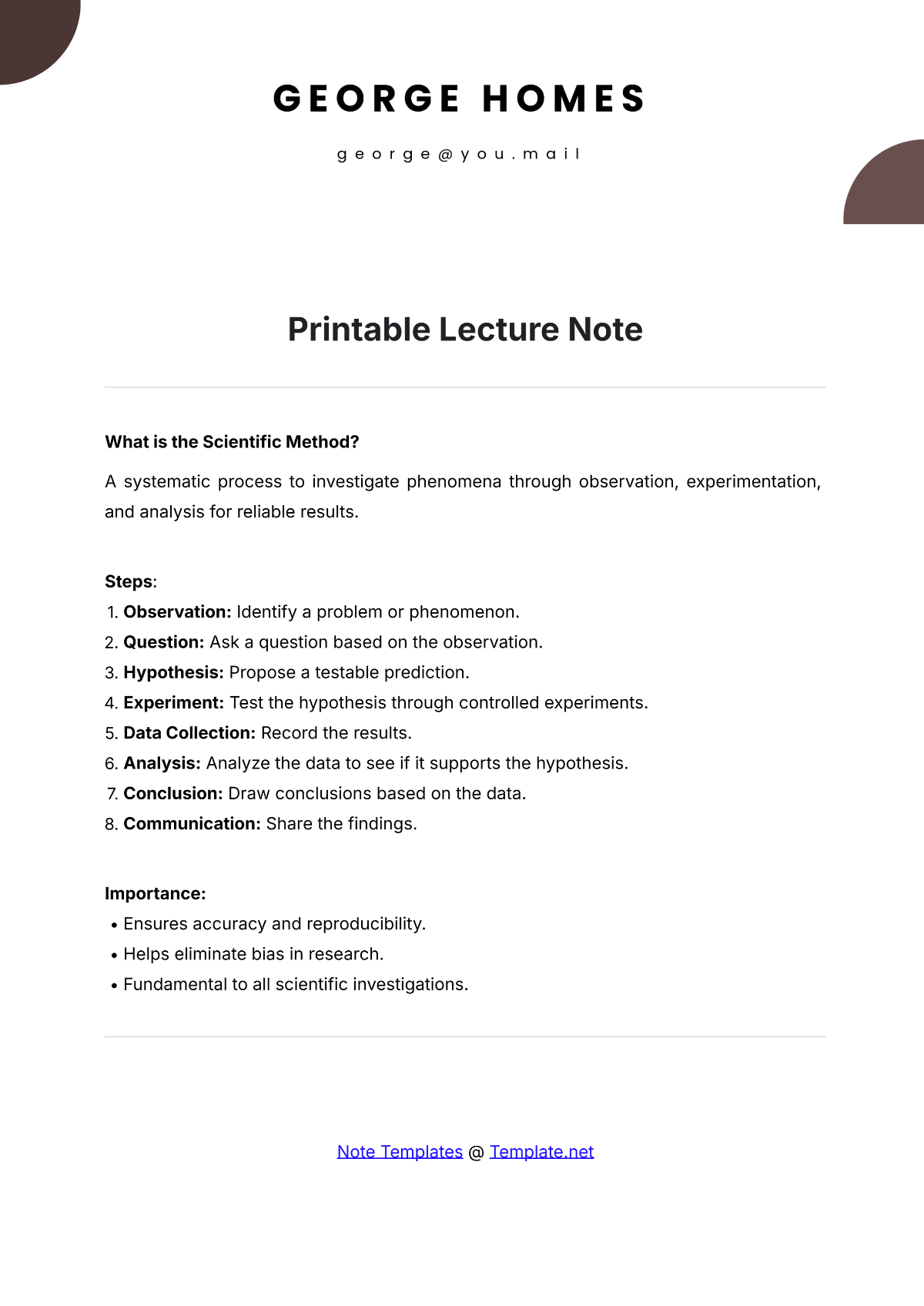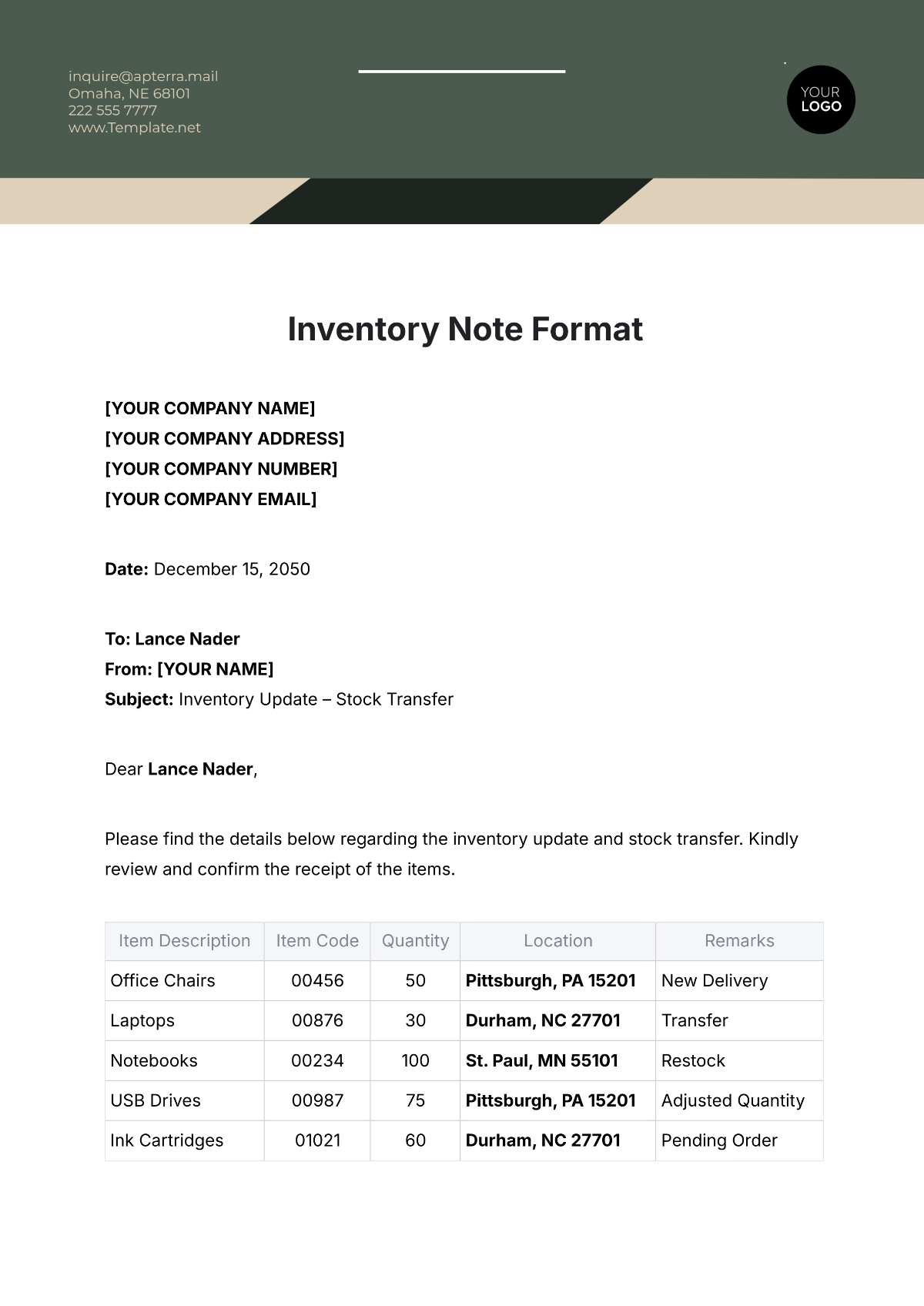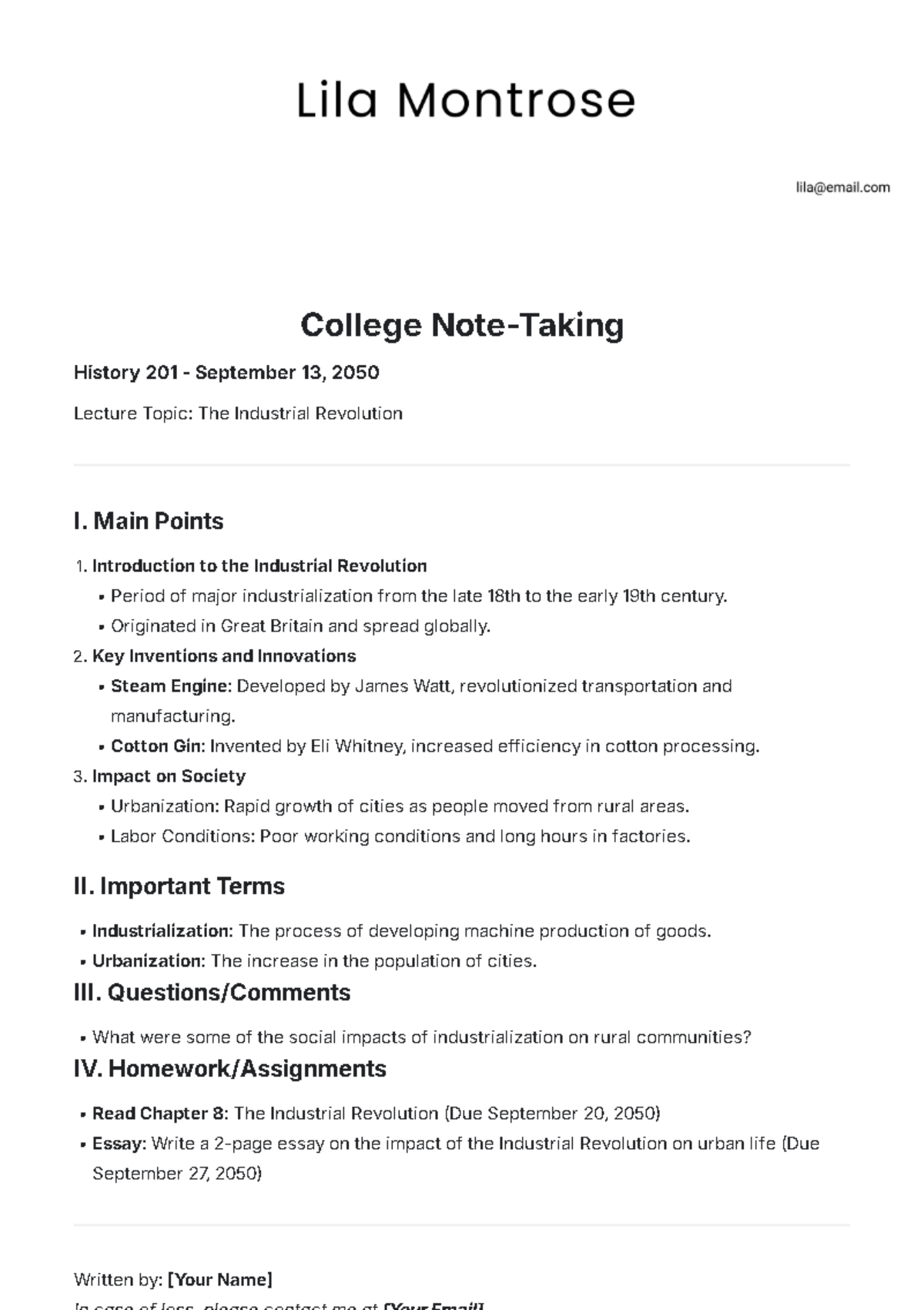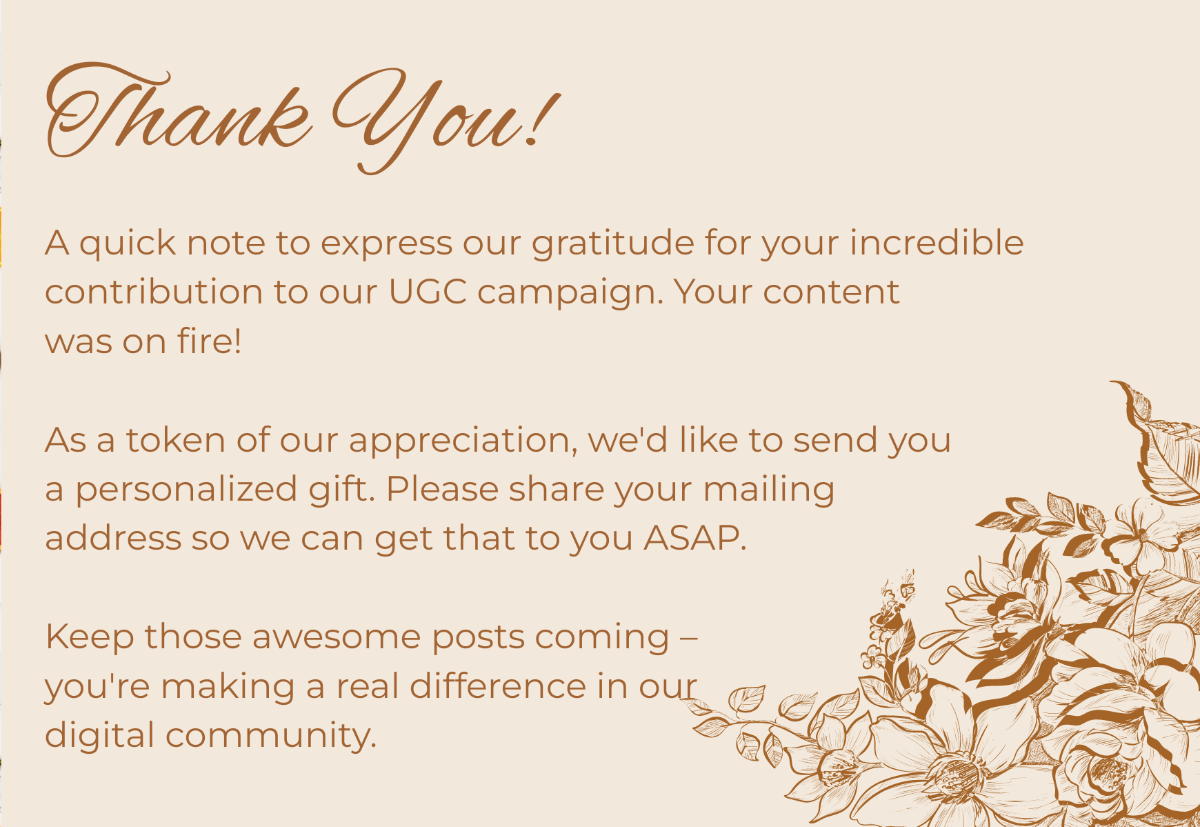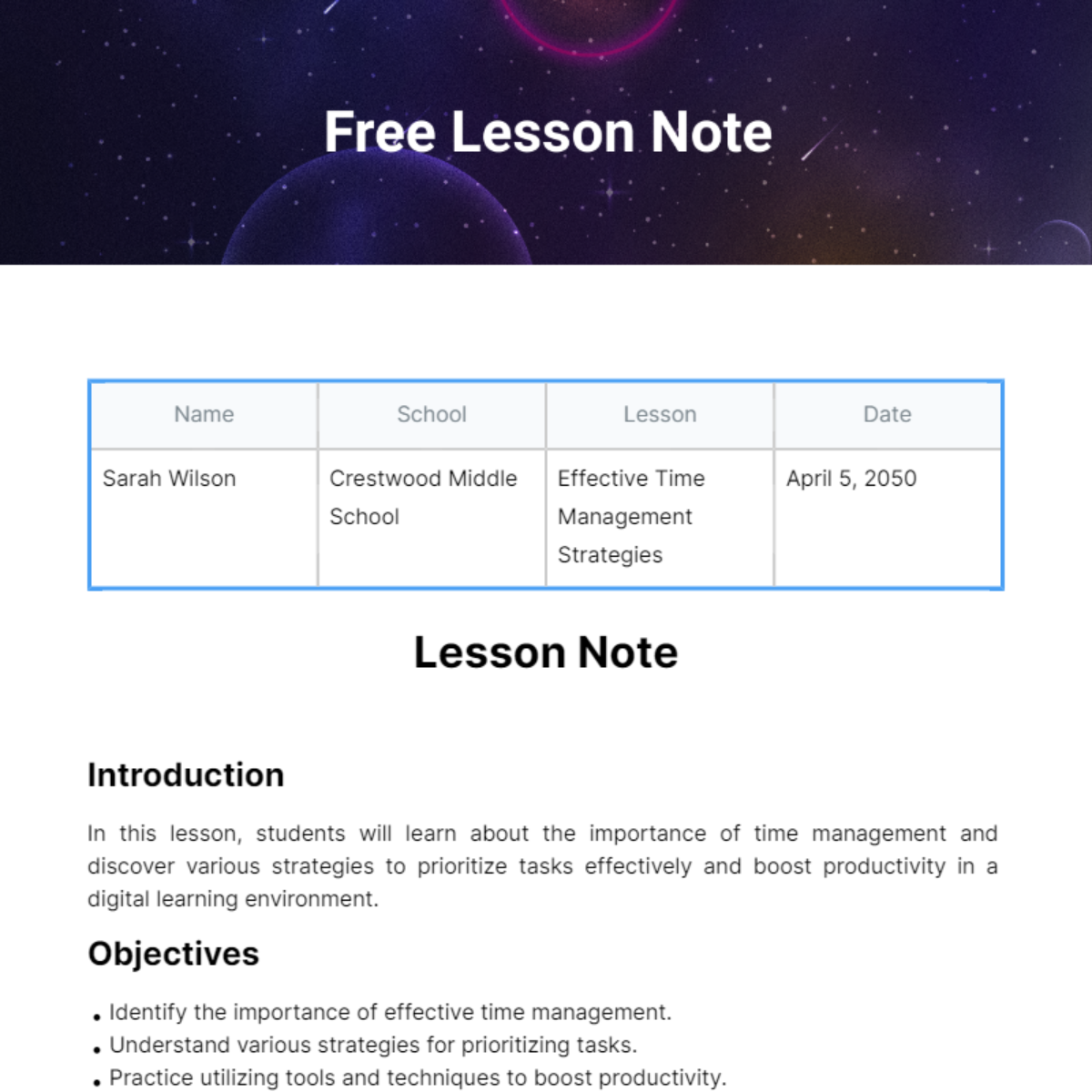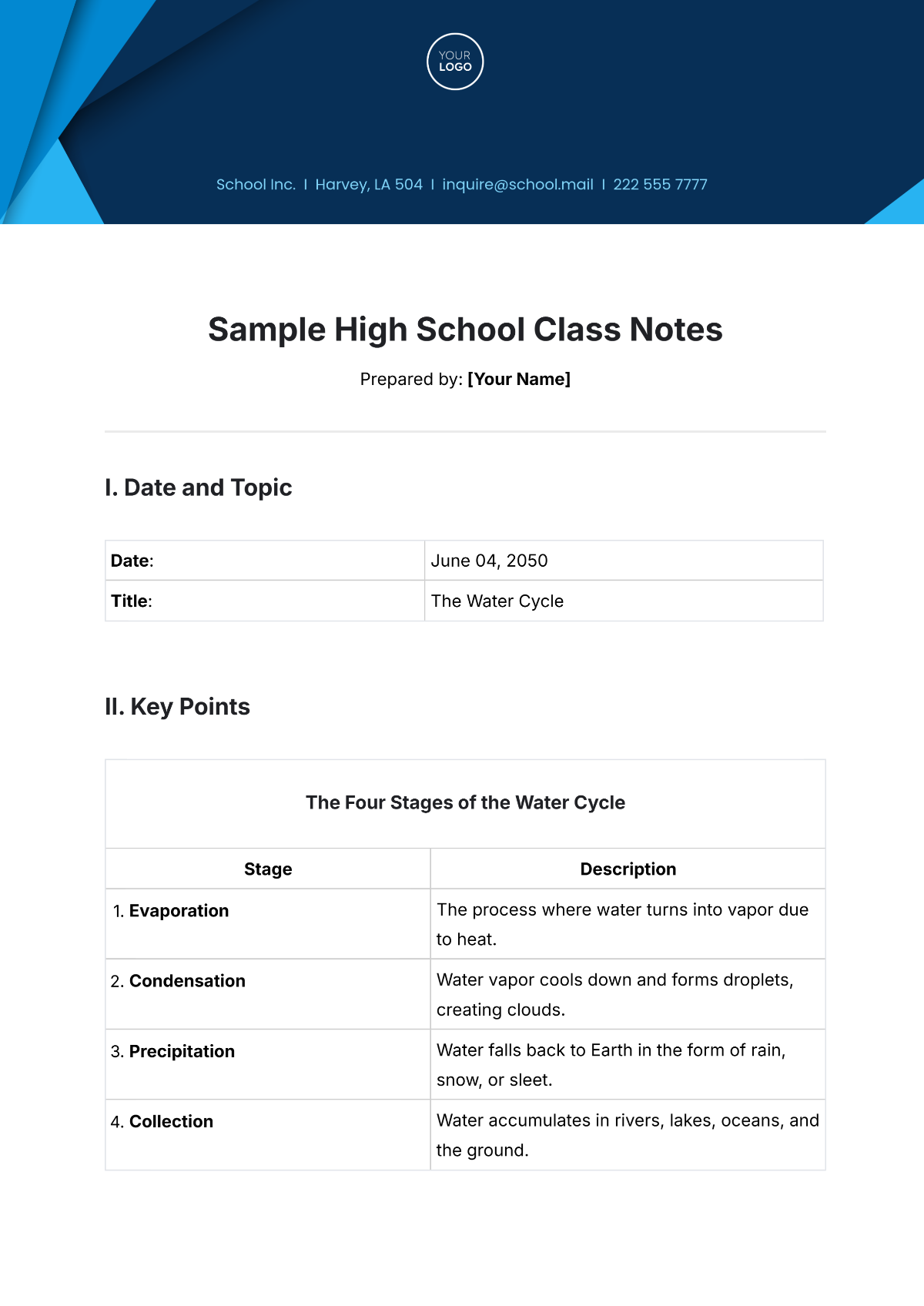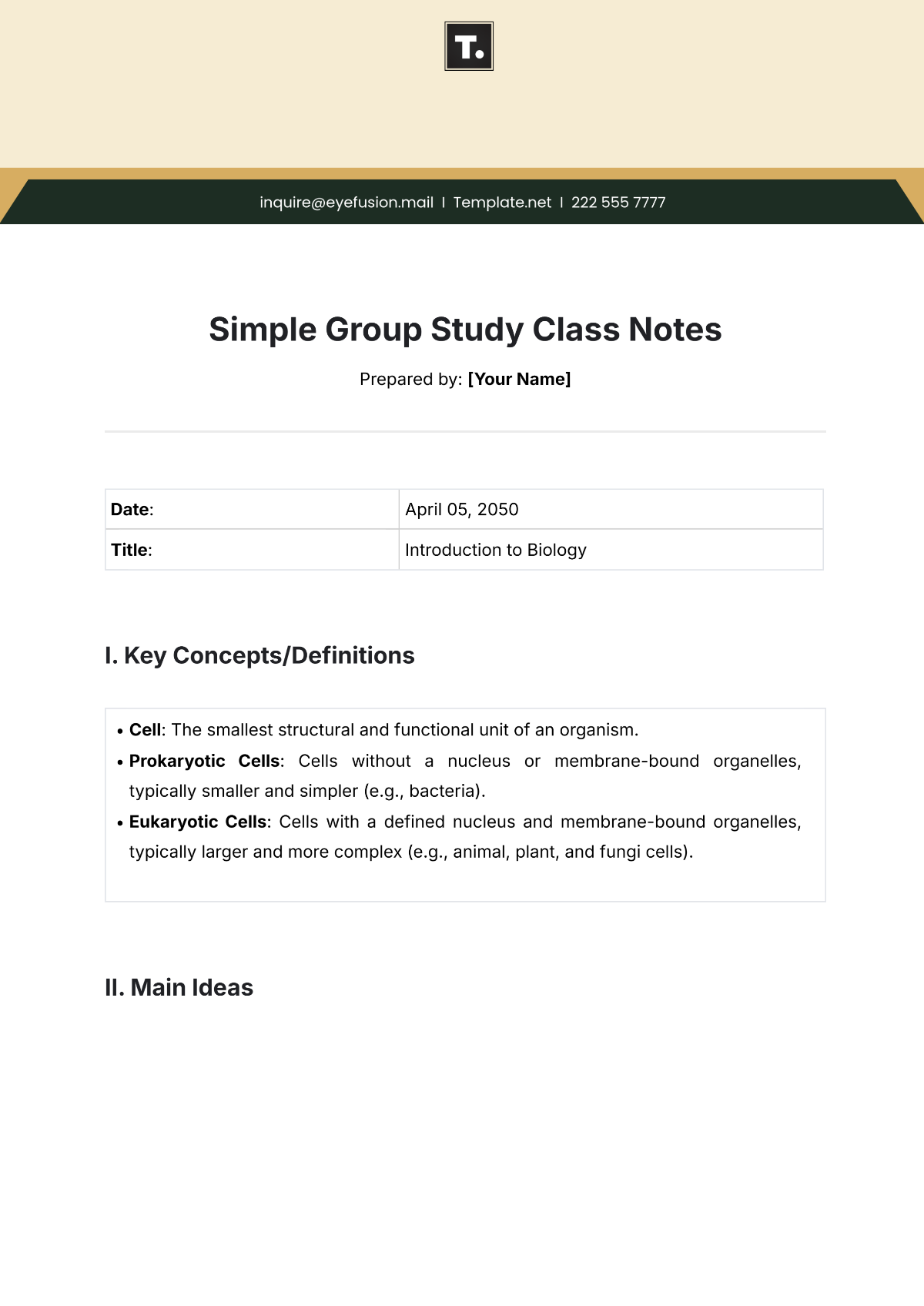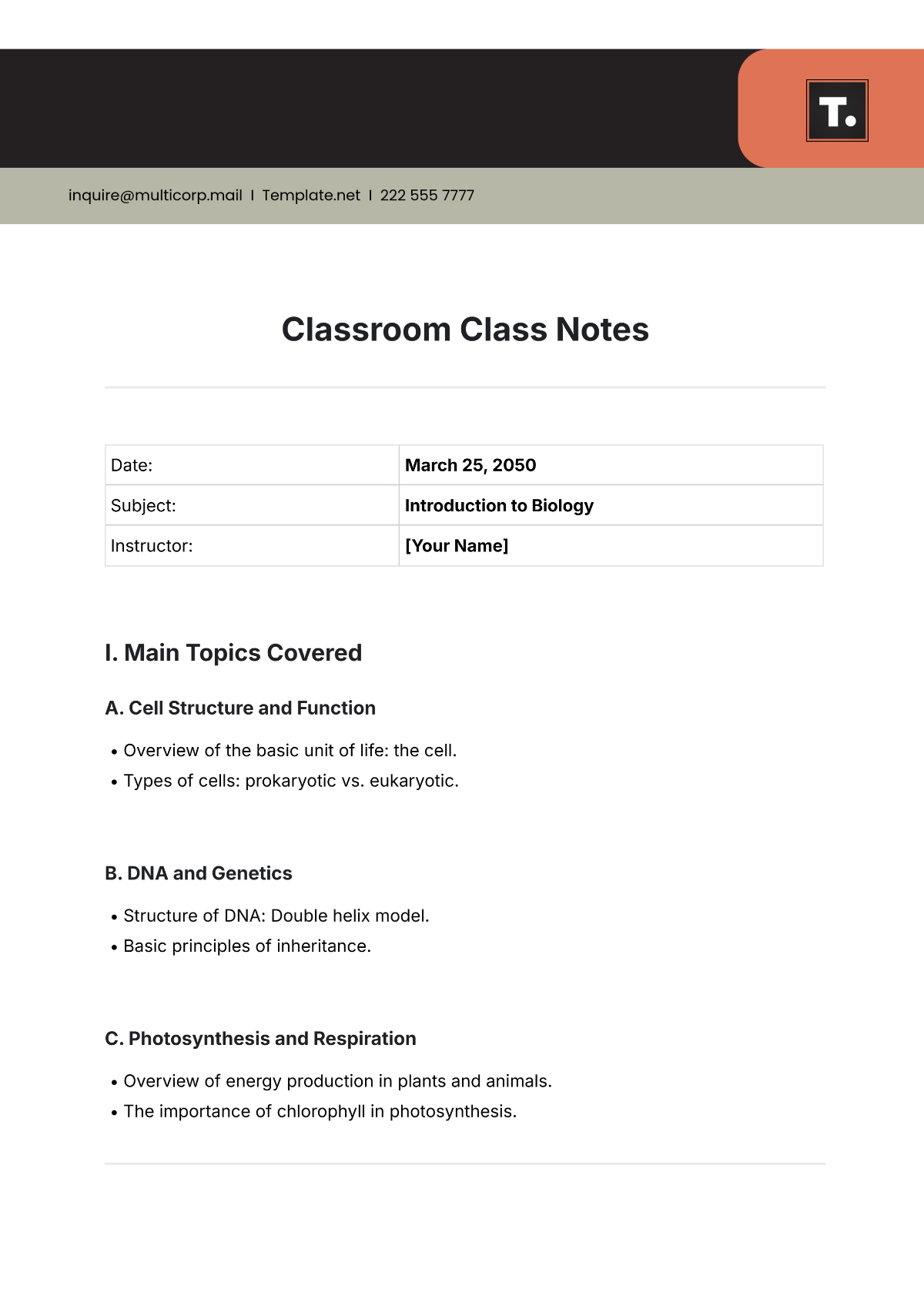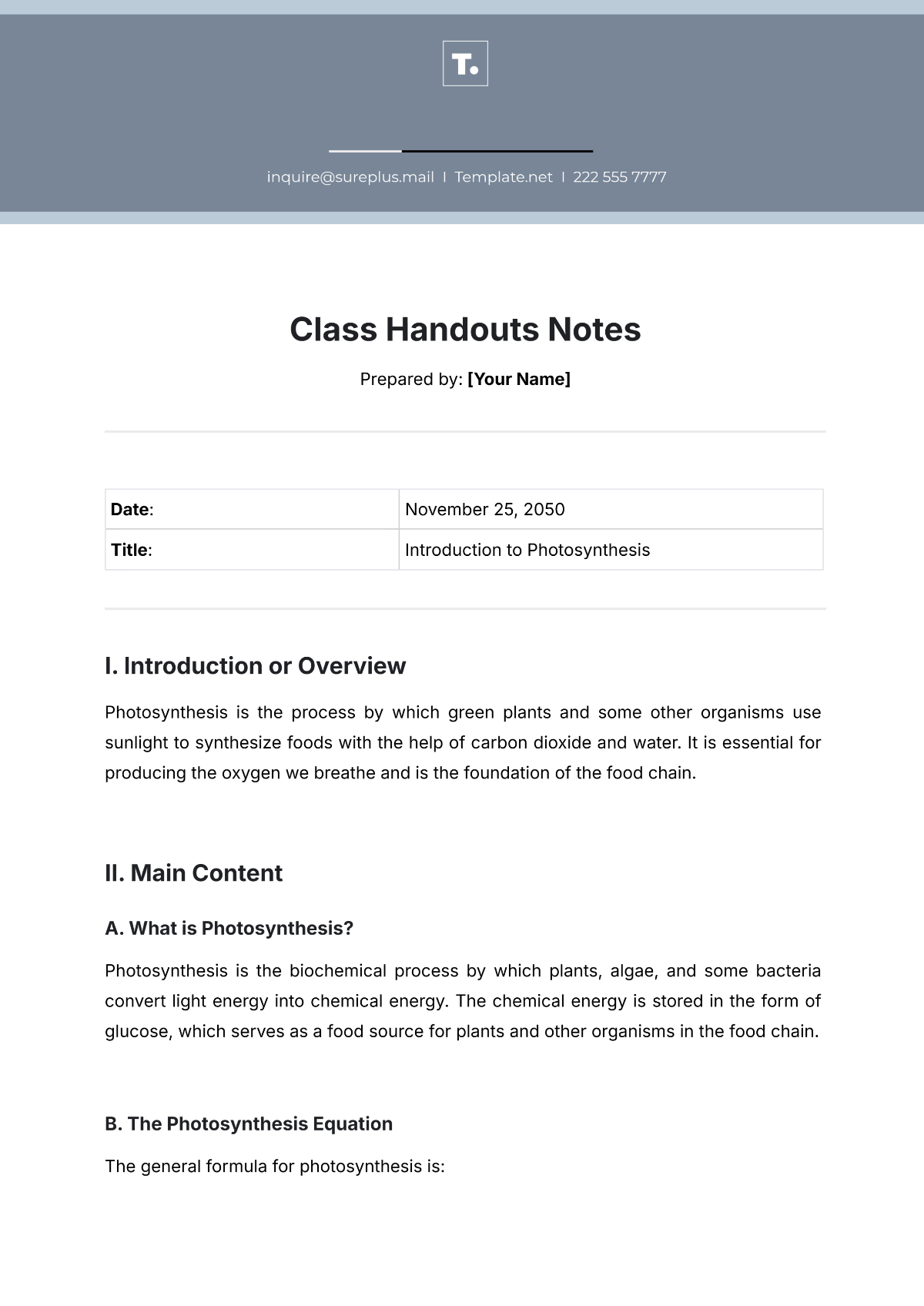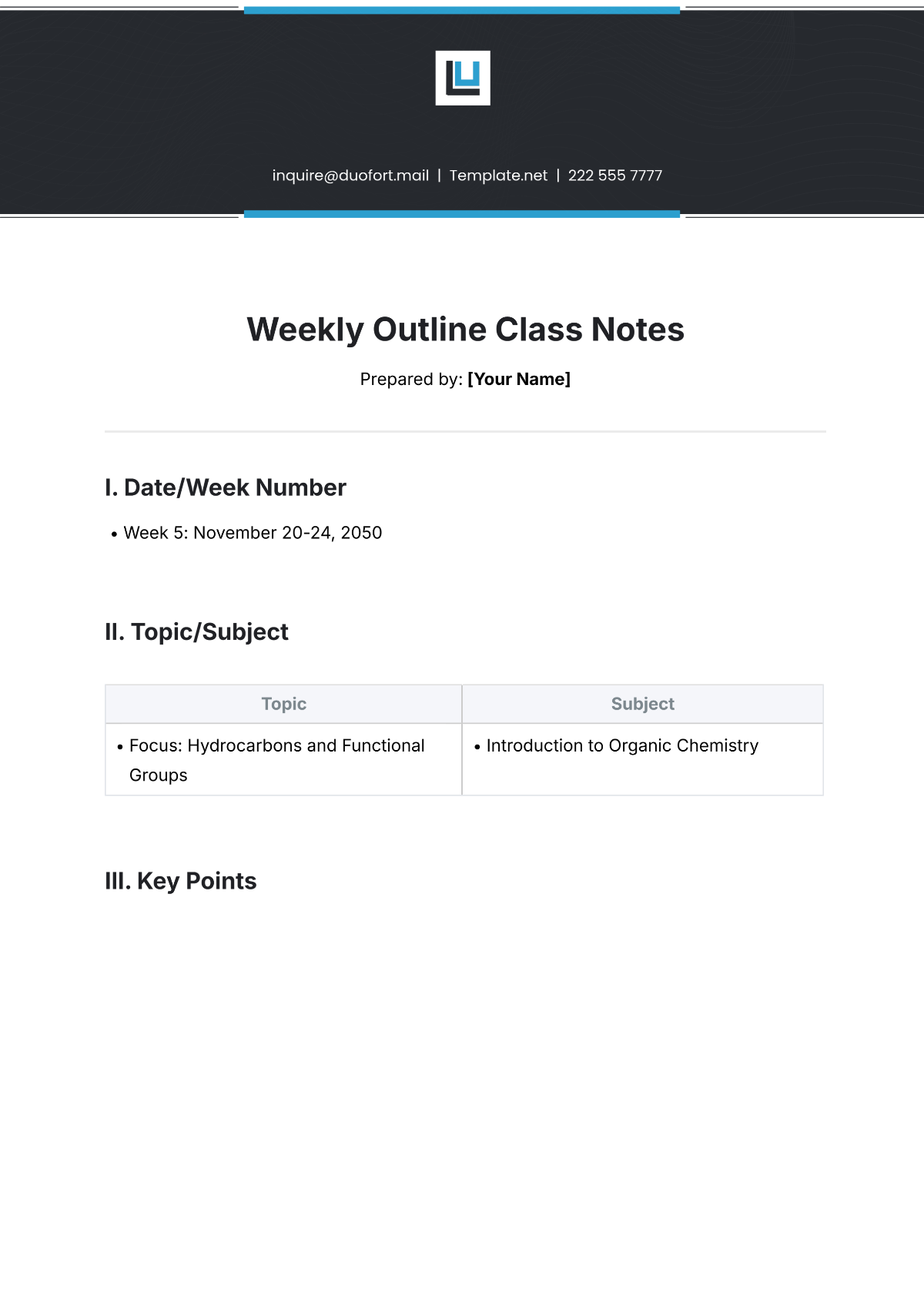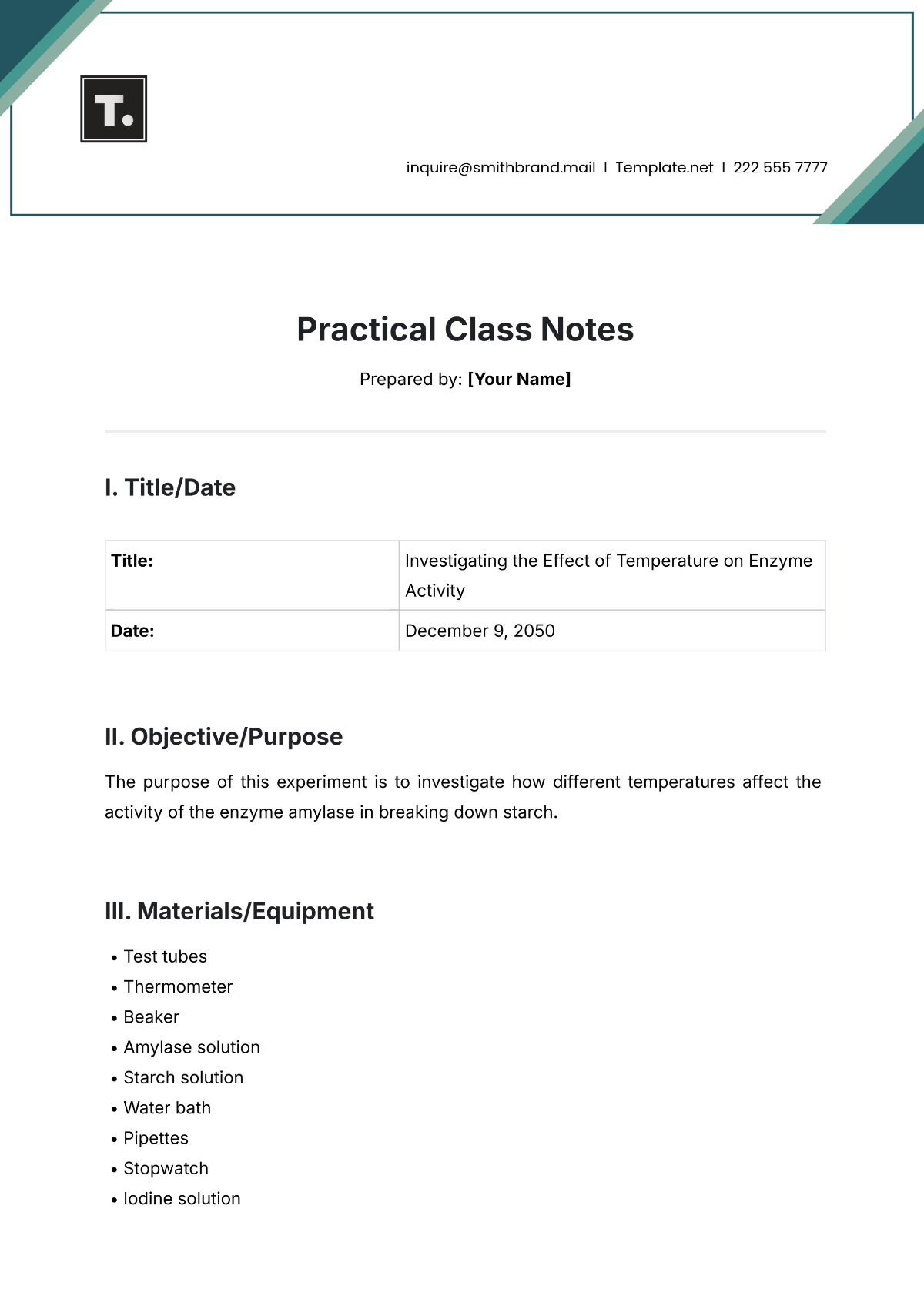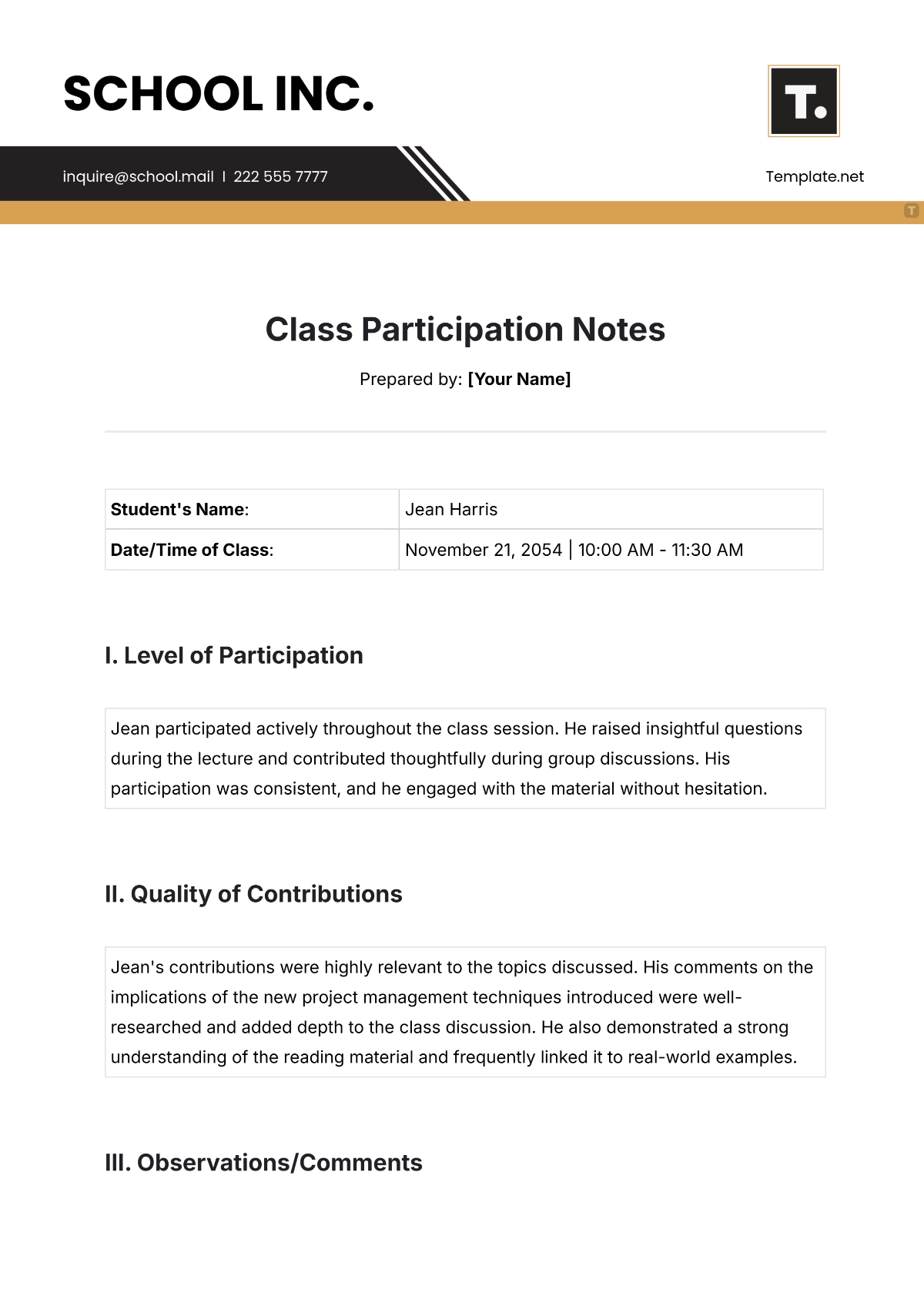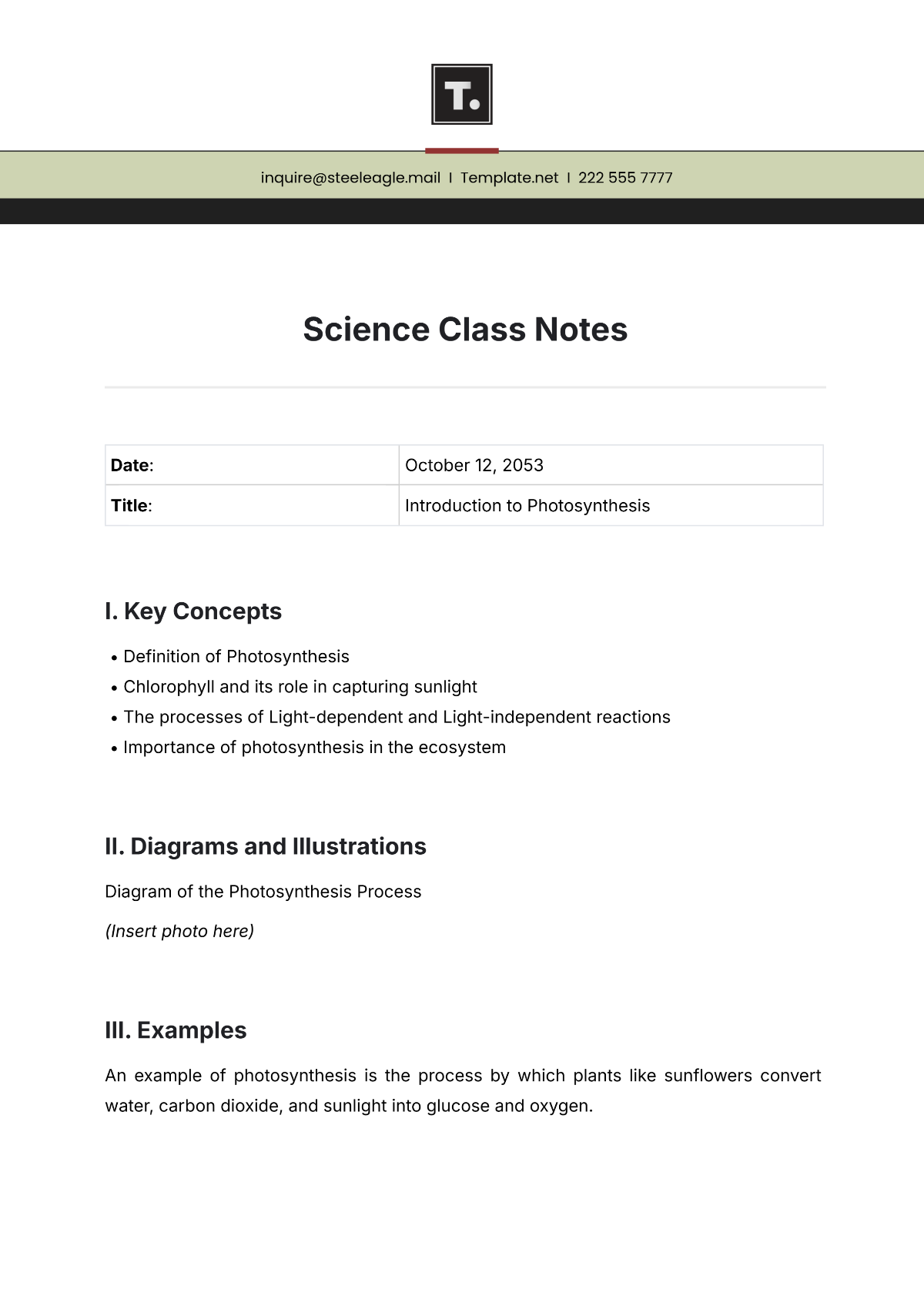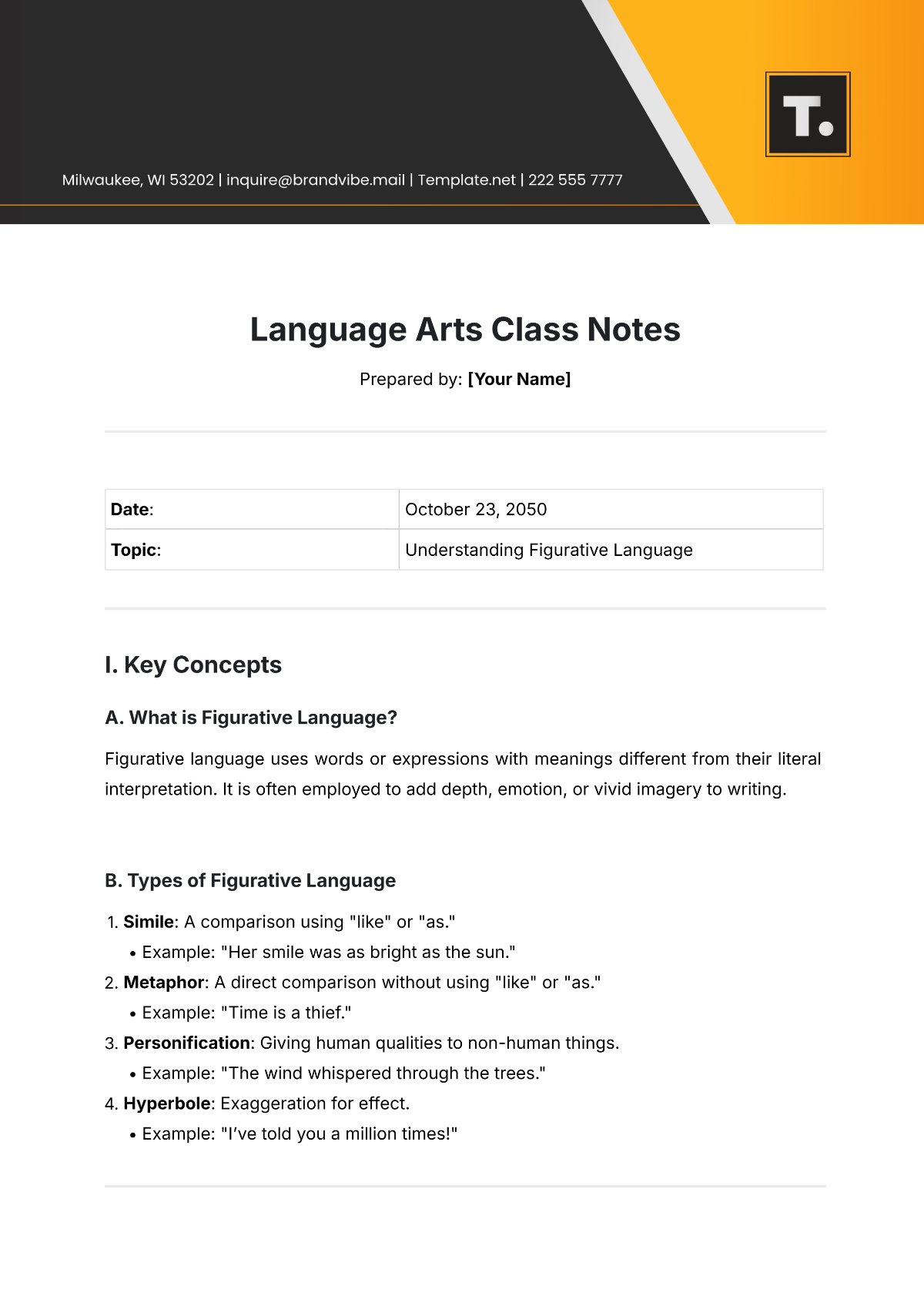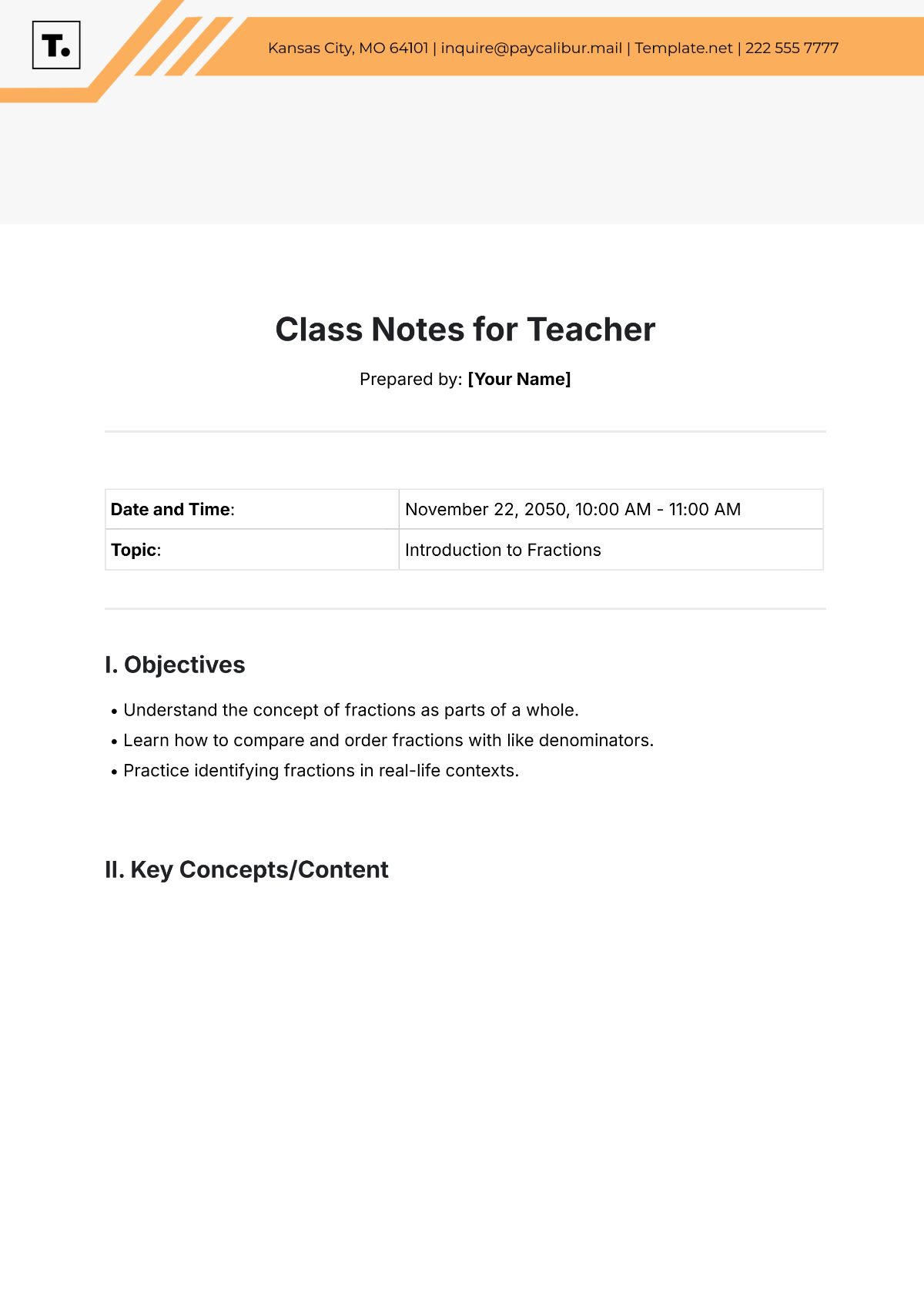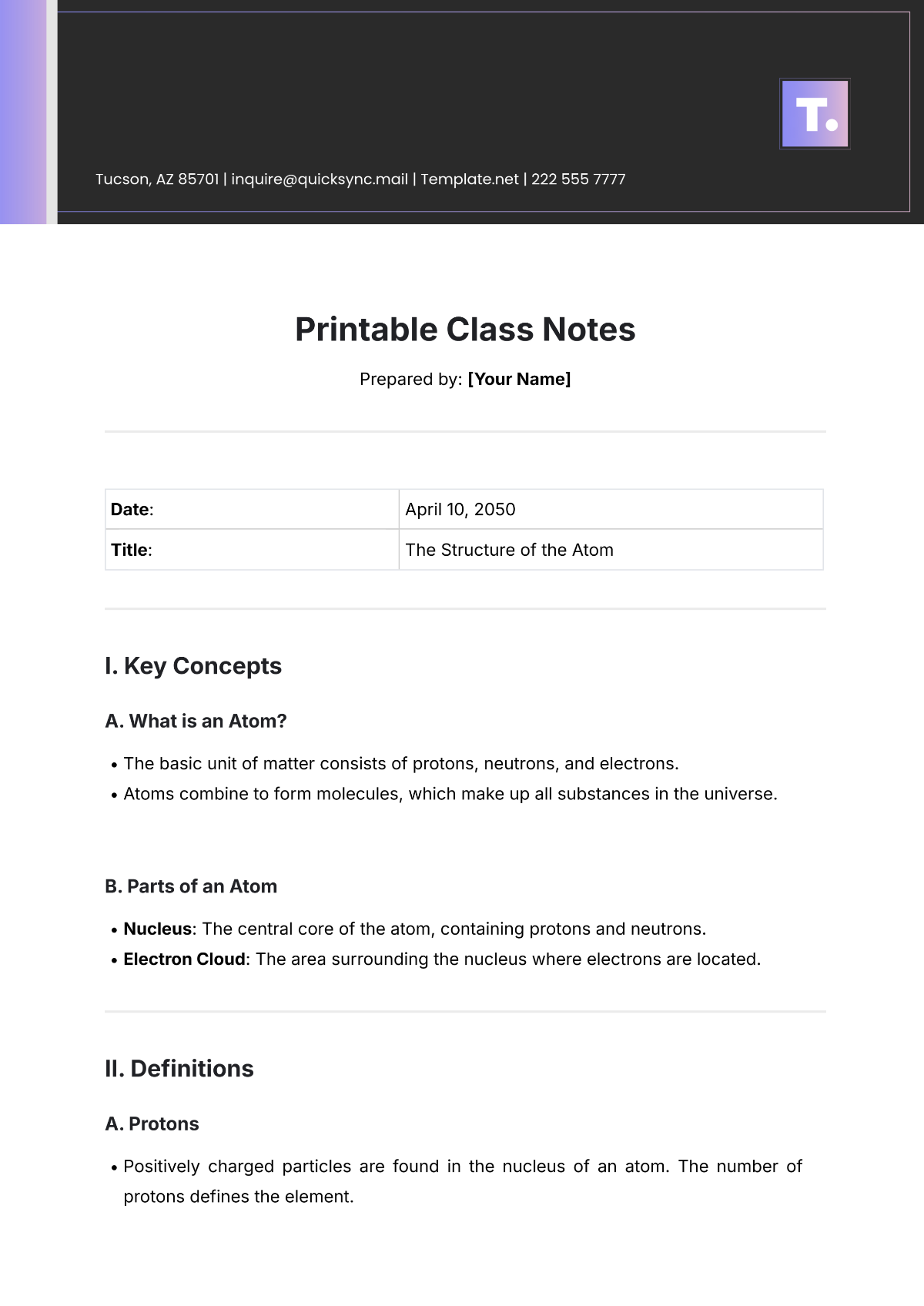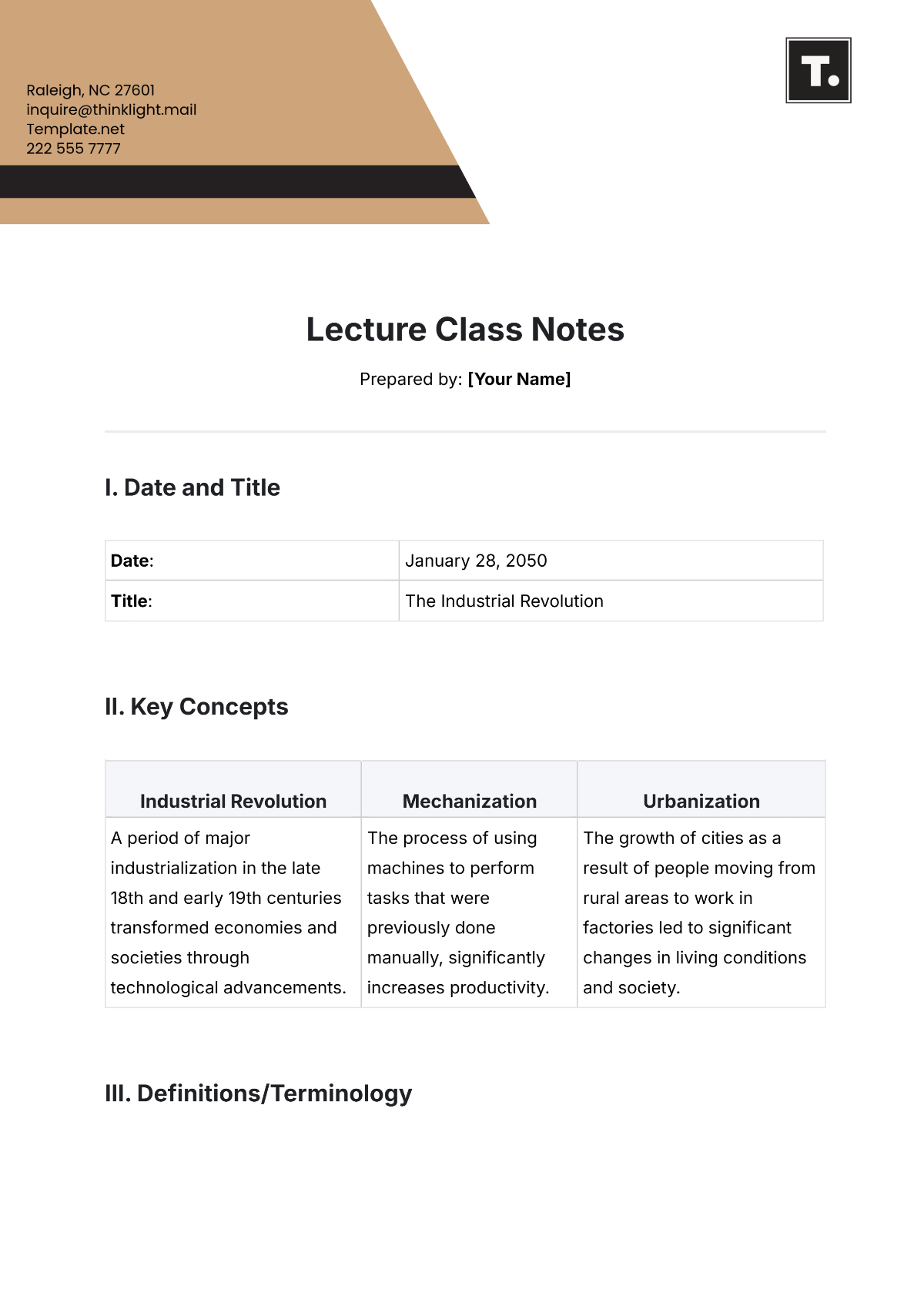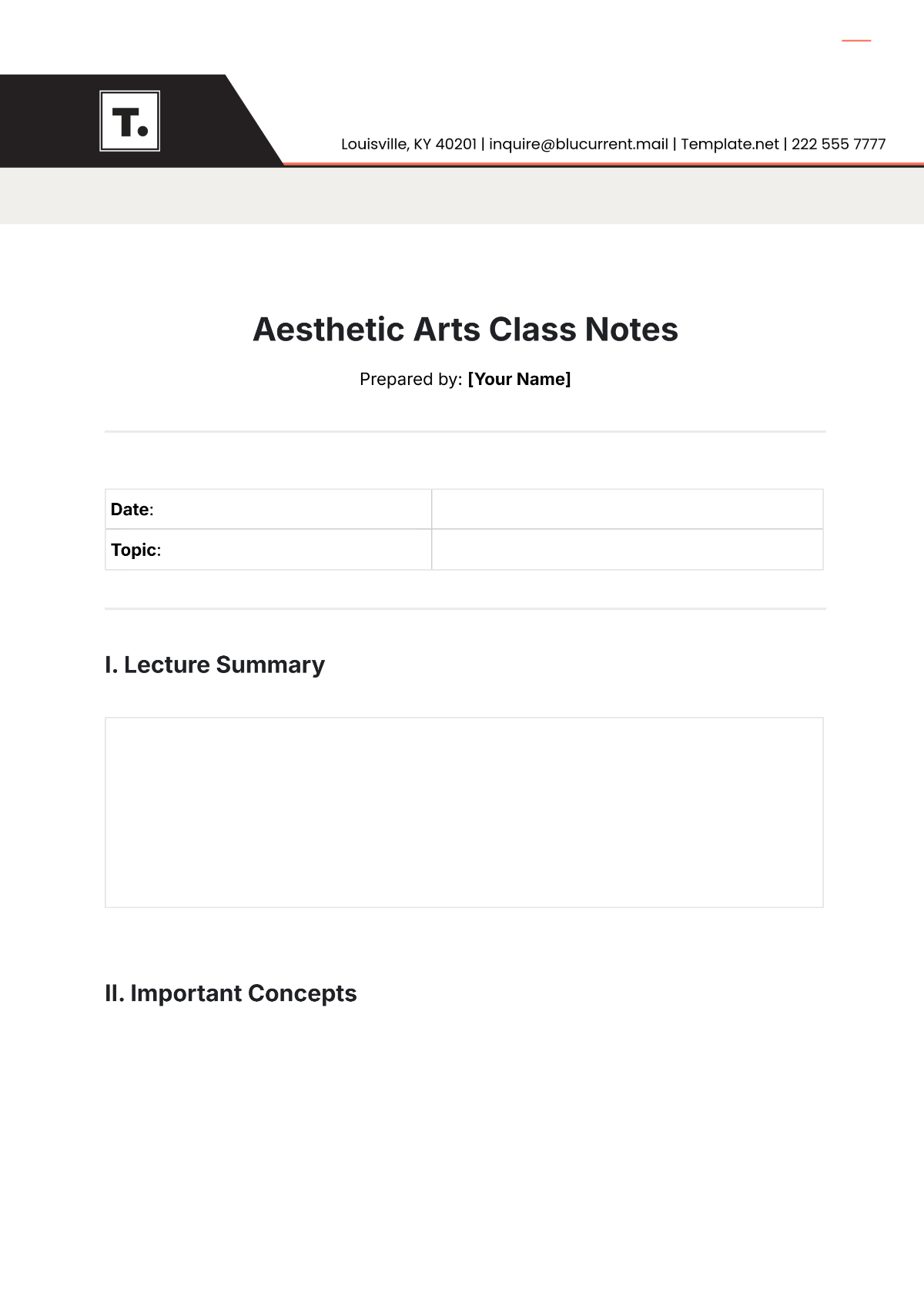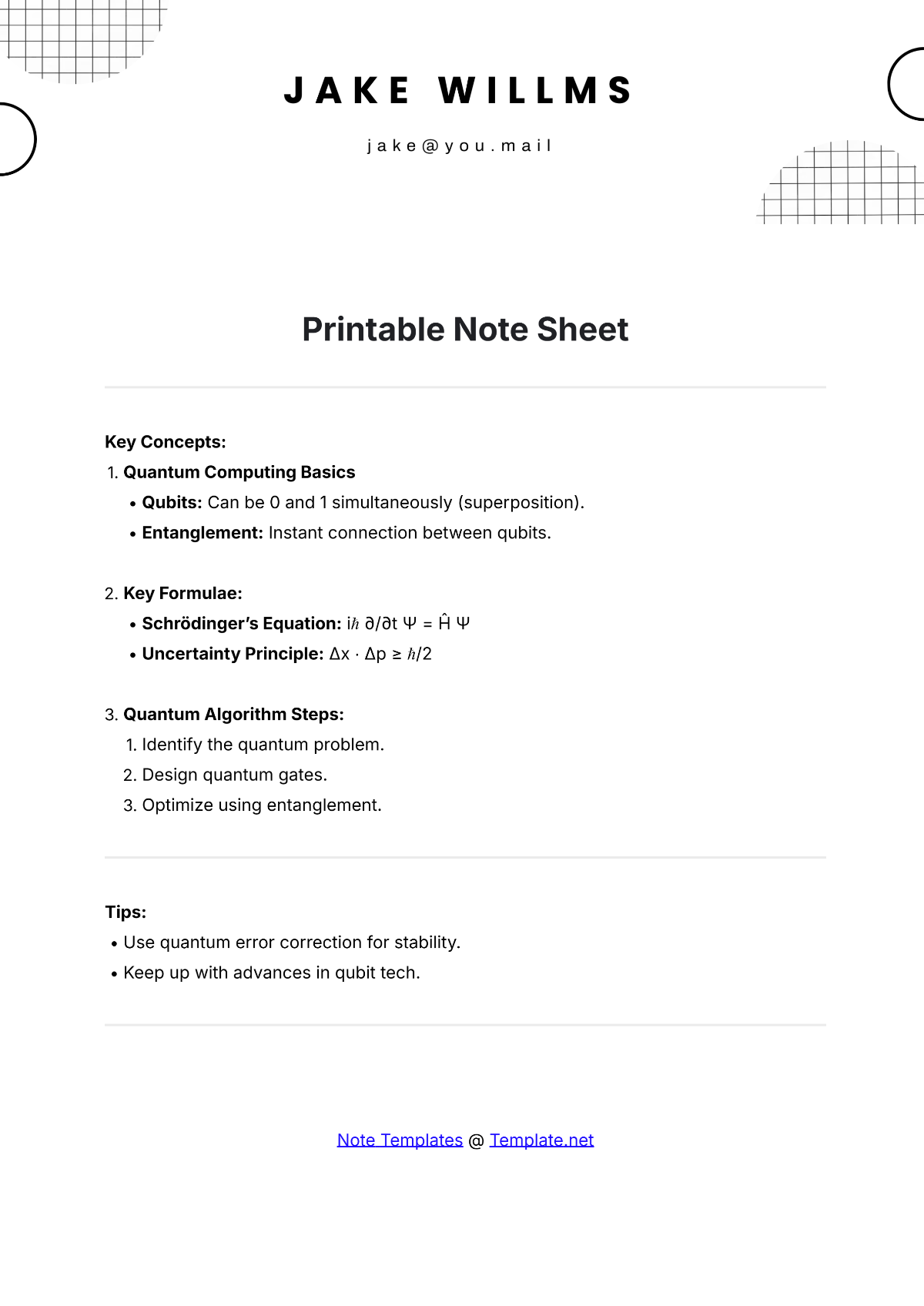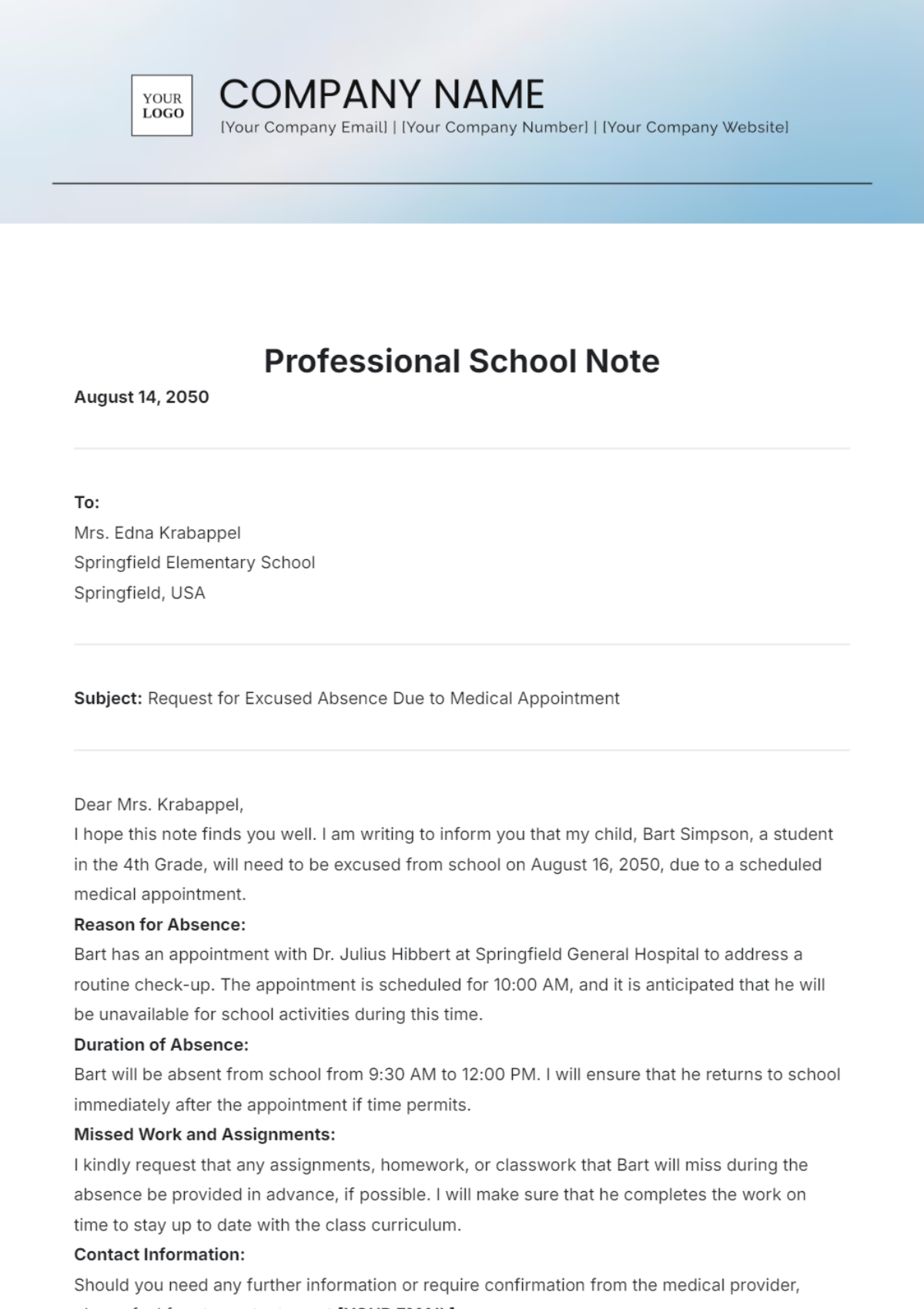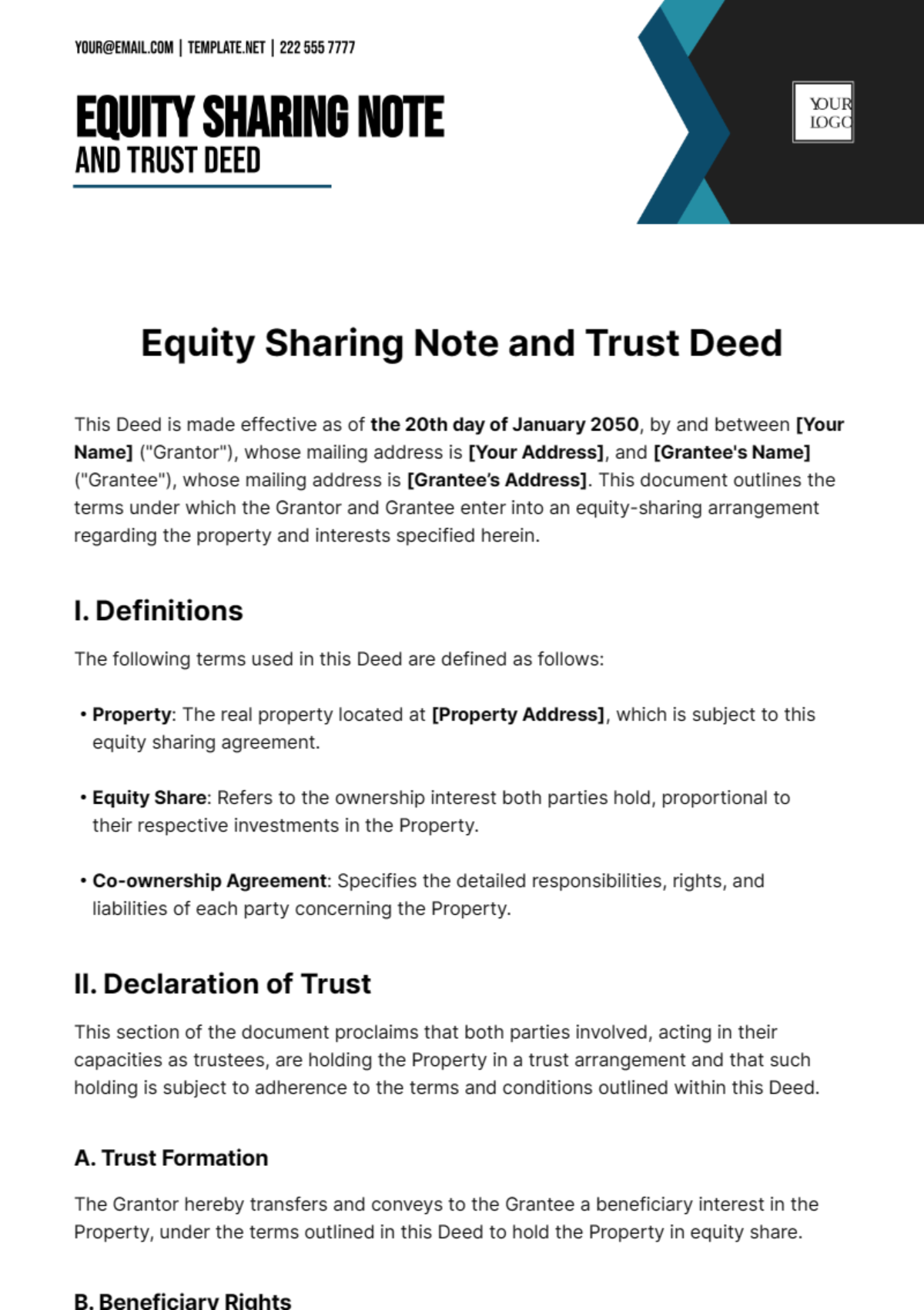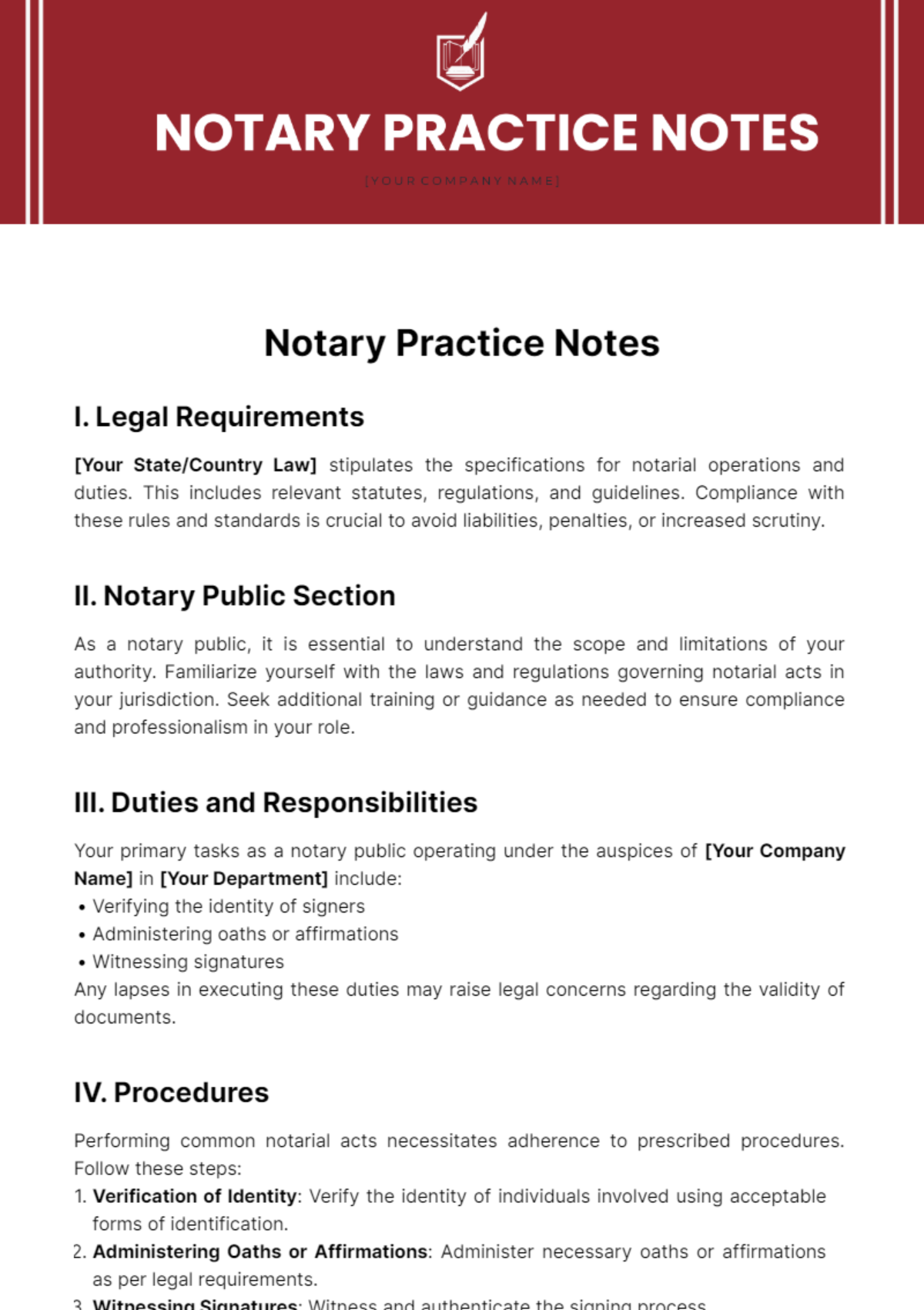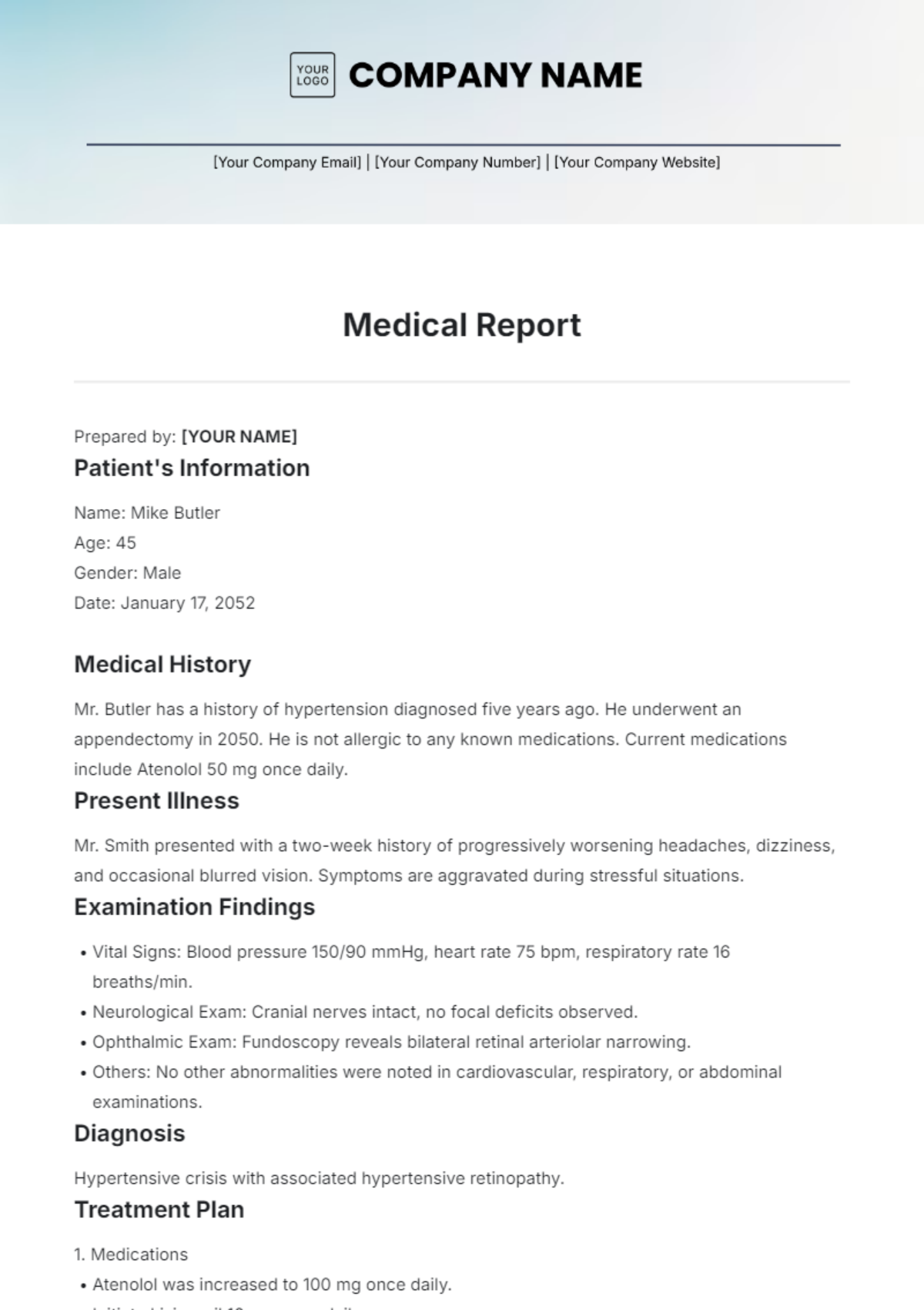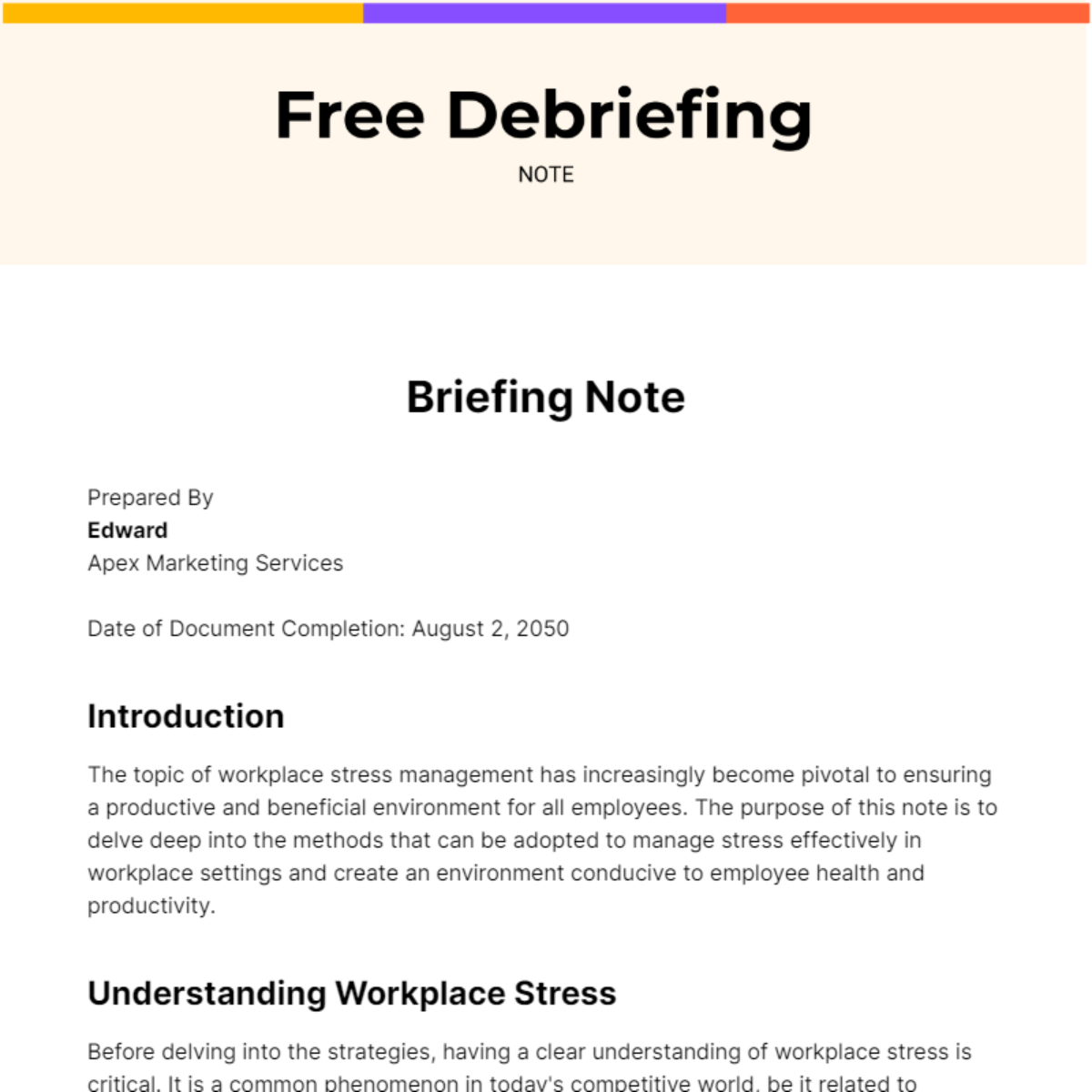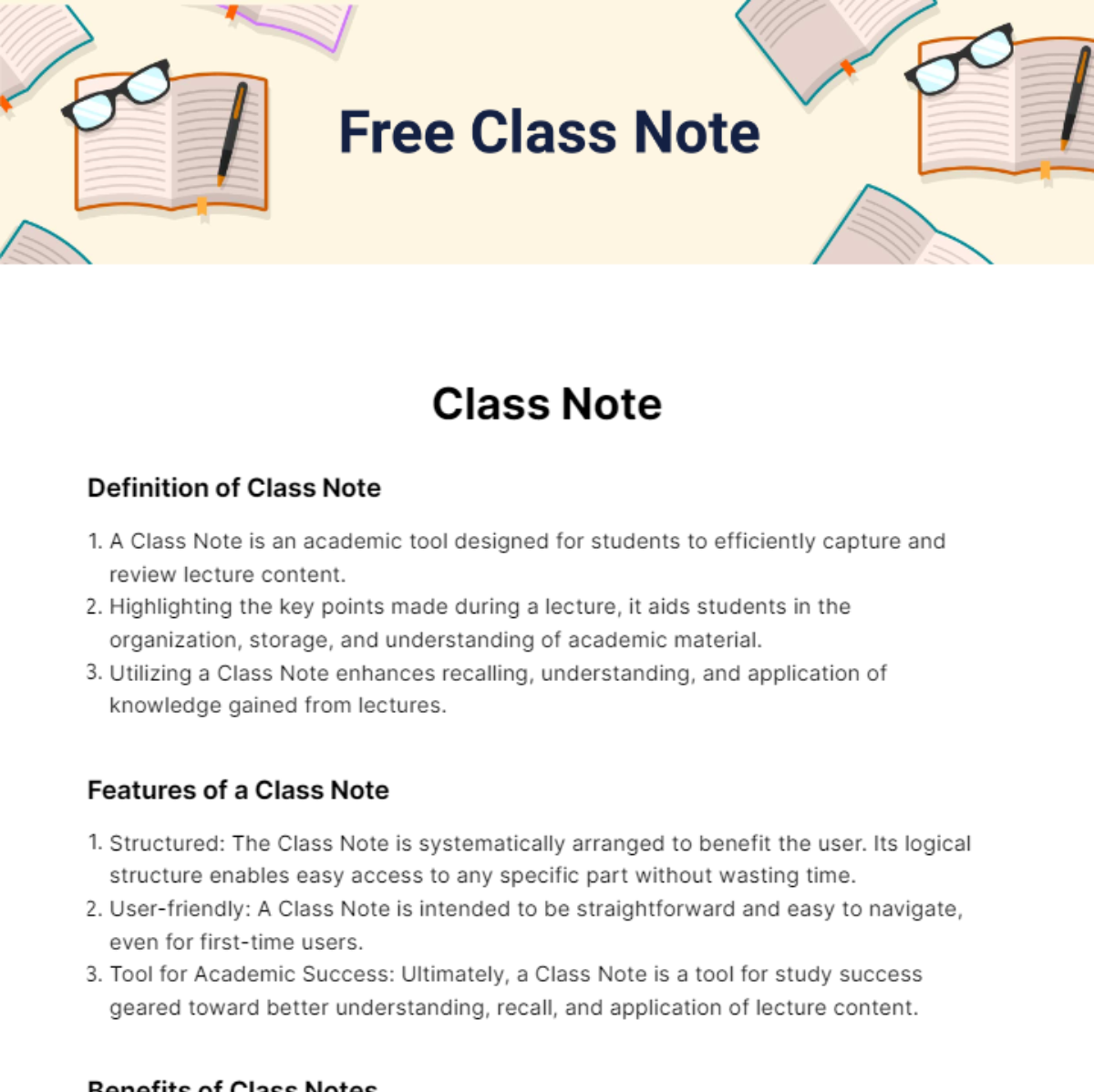Title: Comprehensive Guide to Project Management Techniques Created On: December 5th, 2050
Understanding Project Management
1.Project Management Definition: It is the application of skills, tools and techniques to project activities to meet the project requirements.
2. Project Lifecycle: Define Initiate -> Plan -> Execute -> Monitor -> Close
3. Project Management Knowledge Areas: Scope, Time, Cost, Quality, HR, Communication, Risk, Procurement, Stakeholder
4. Role of Project Manager: The project manager leads the project team and manages the resources to meet the project goals.
Project Management Methods
1. Agile: This method embraces change by breaking down project scope into smaller parts with frequent reassessment and adaptation.
2. Waterfall: Traditional, linear project management method where progress flows sequentially from phase to phase.
3. Scrum: A subset of Agile, Scrum utilizes short iterations (sprints) to complete predetermined features.
4. Lean: Focuses on delivering value while minimizing waste.
Strategies for Effective Project Management
1. Clear Communication: This strategy ensures all stakeholders are informed about project status, changes, and issues.
2. Risk Management: It helps to identify, assess, and manage potential risks to minimize impact on project.
3. Schedule Management: Helps to ensure tasks are completed within the stipulated timeline.
4. Scope Management: It is crucial to define and control what is included and what is not in a project.
Best Practice
1. Planning: "Failure to plan is planning to fail." Every project should be meticulously planned.
2. Stakeholder Engagement: Regular check-ins ensure alignment and manage expectations.
3. Regular Reviews: Frequent review of progress can help identify issues at an early stage.
4. Documentation: Keeping thorough records helps to maintain transparency and serves as a learning tool for future projects,
Summary:
The Project Management notes highlighted four key aspects: understanding project management, the various methodologies, effective strategies, and best practices. All these focus on achieving project goals while managing scope, schedule, and potential risks.
Questions:
What's the role of a project manager throughout a project lifecycle?
How does Agile methodology differ from Waterfall method?
How can risk management strategy impact a project?
Why is scope management critical in project management?
These class notes aim to deliver a comprehensive understanding of project management. Starting from its basics, to the methodologies, strategies, and best practices. The notes are designed to equip students and scholars with necessary information in a concise, yet effective manner.
